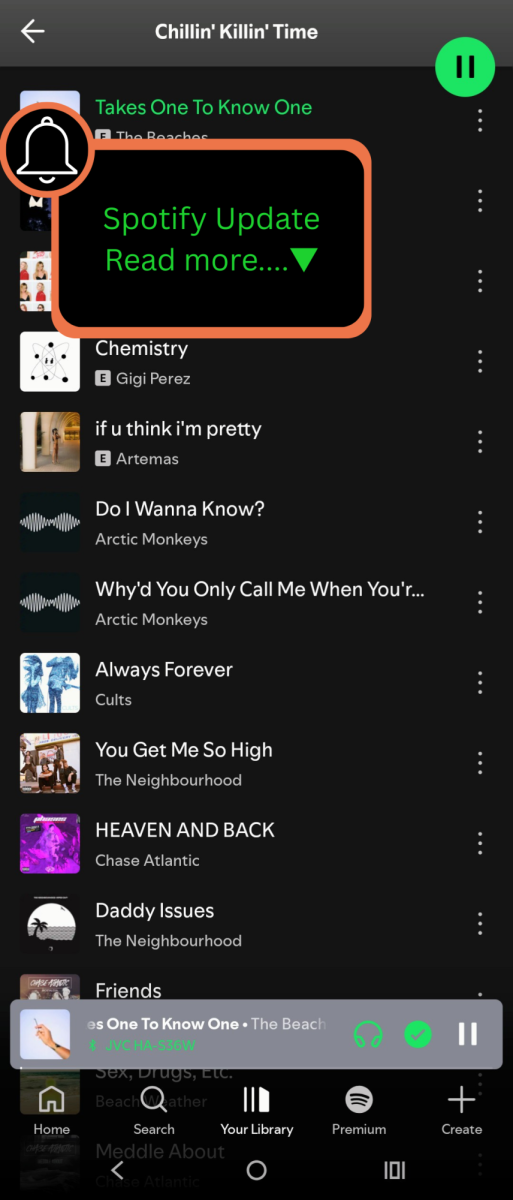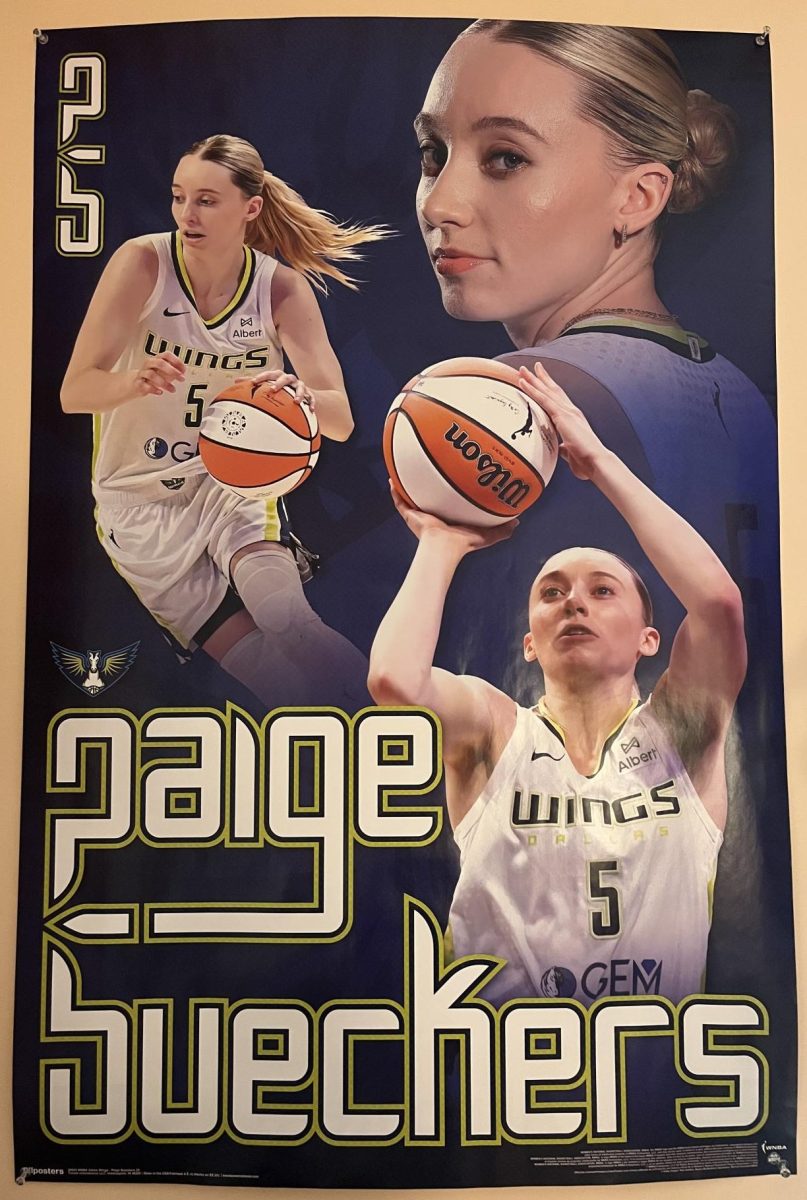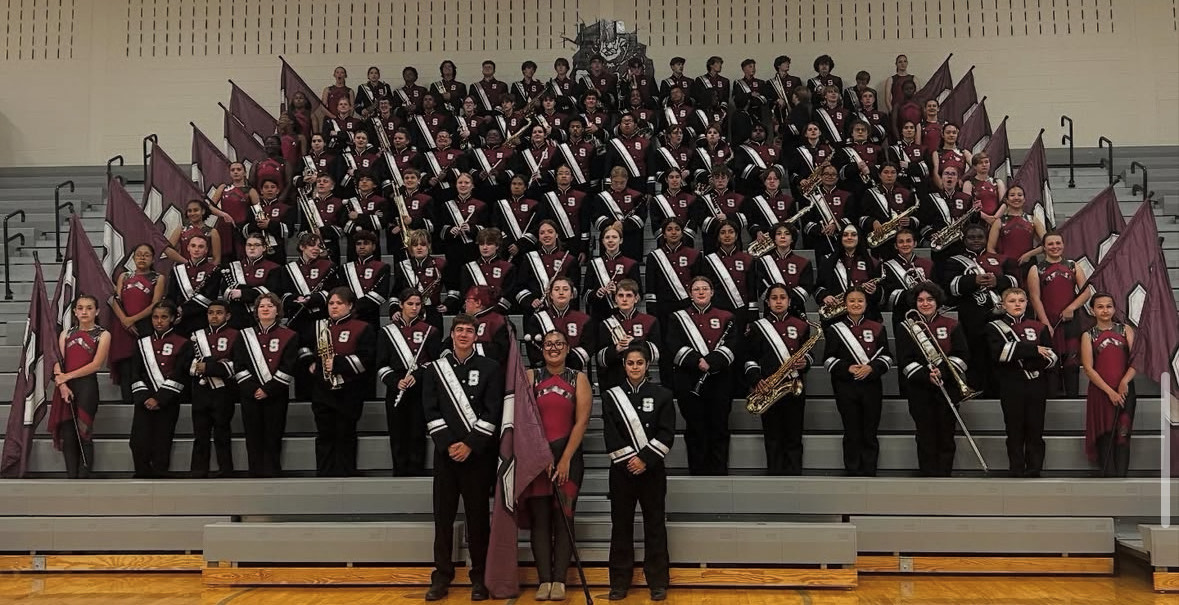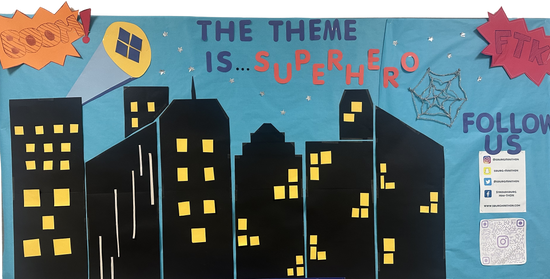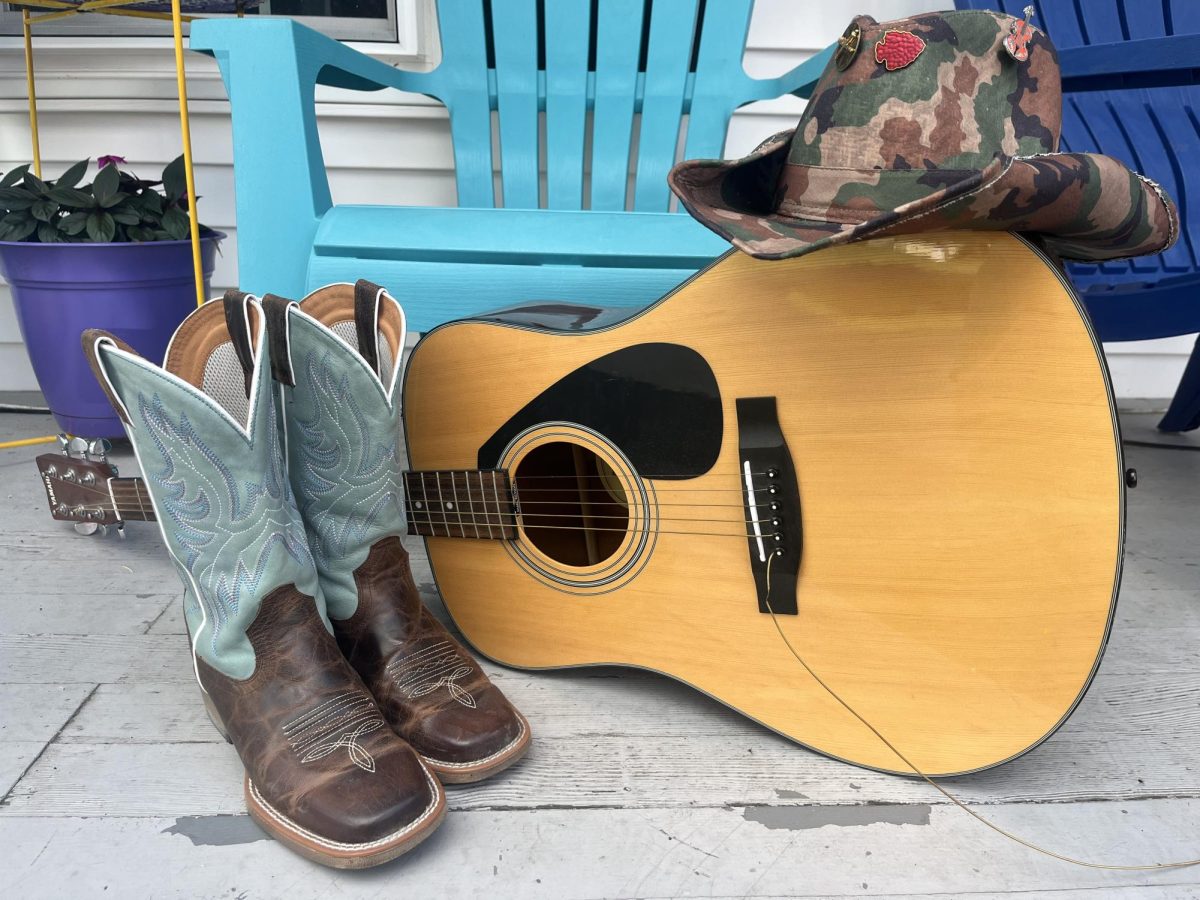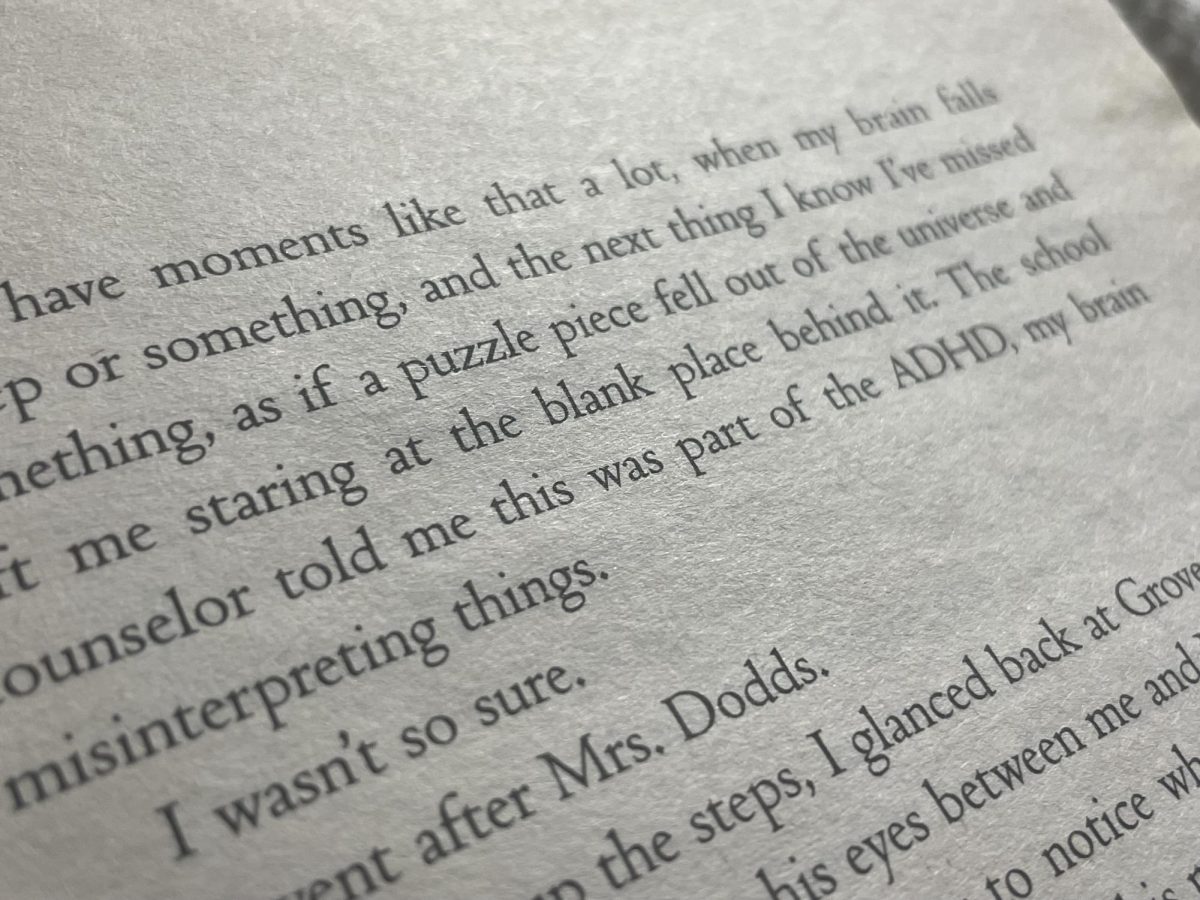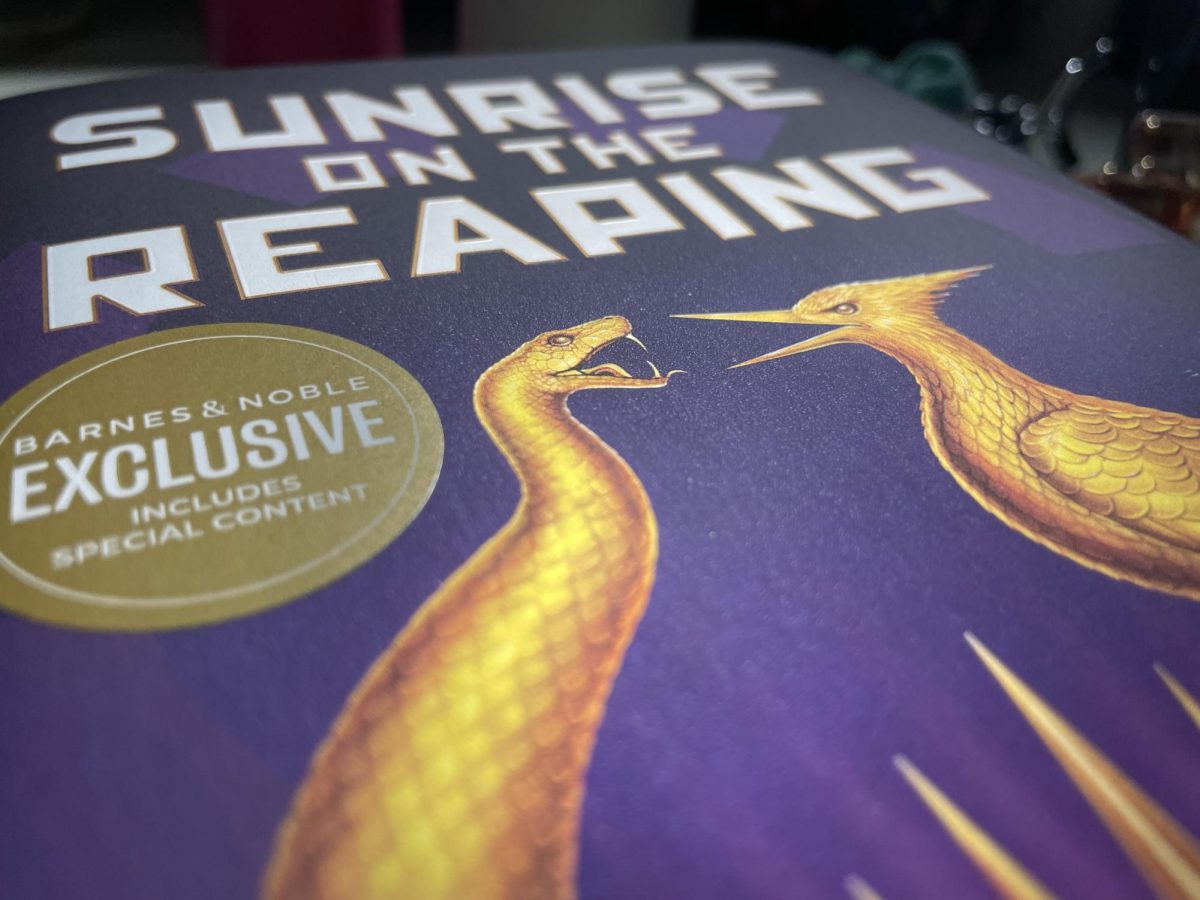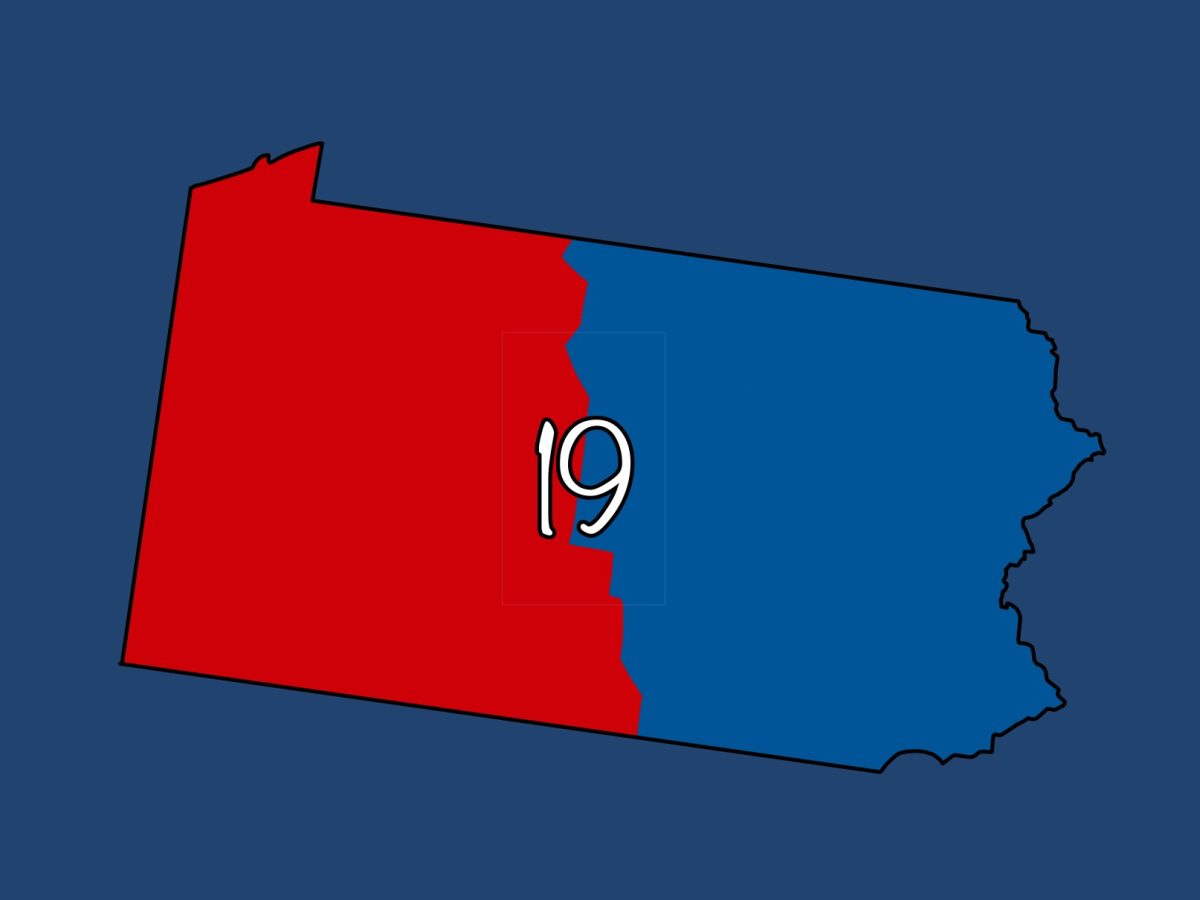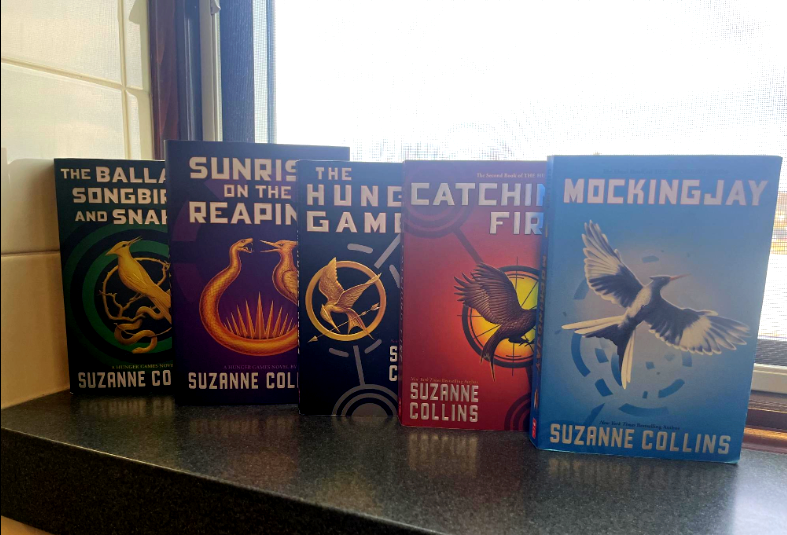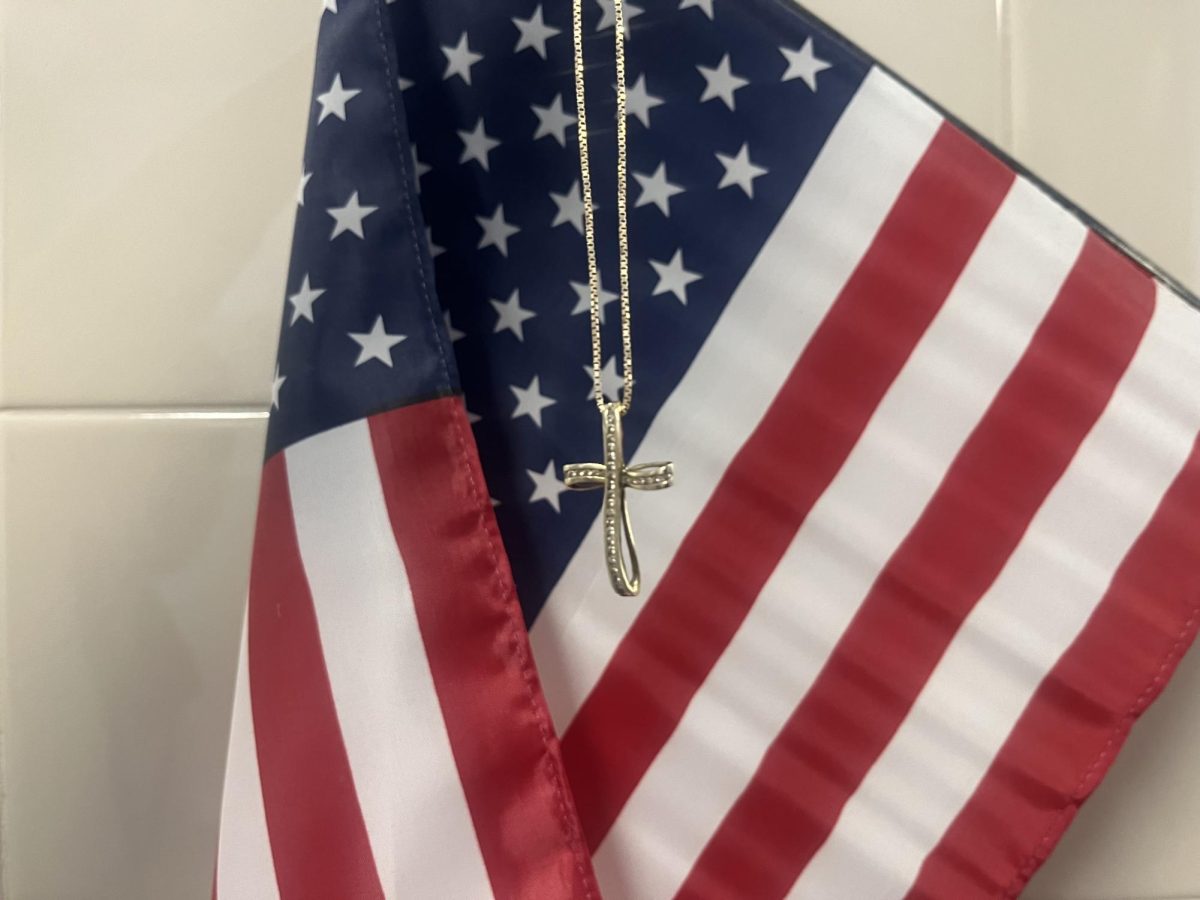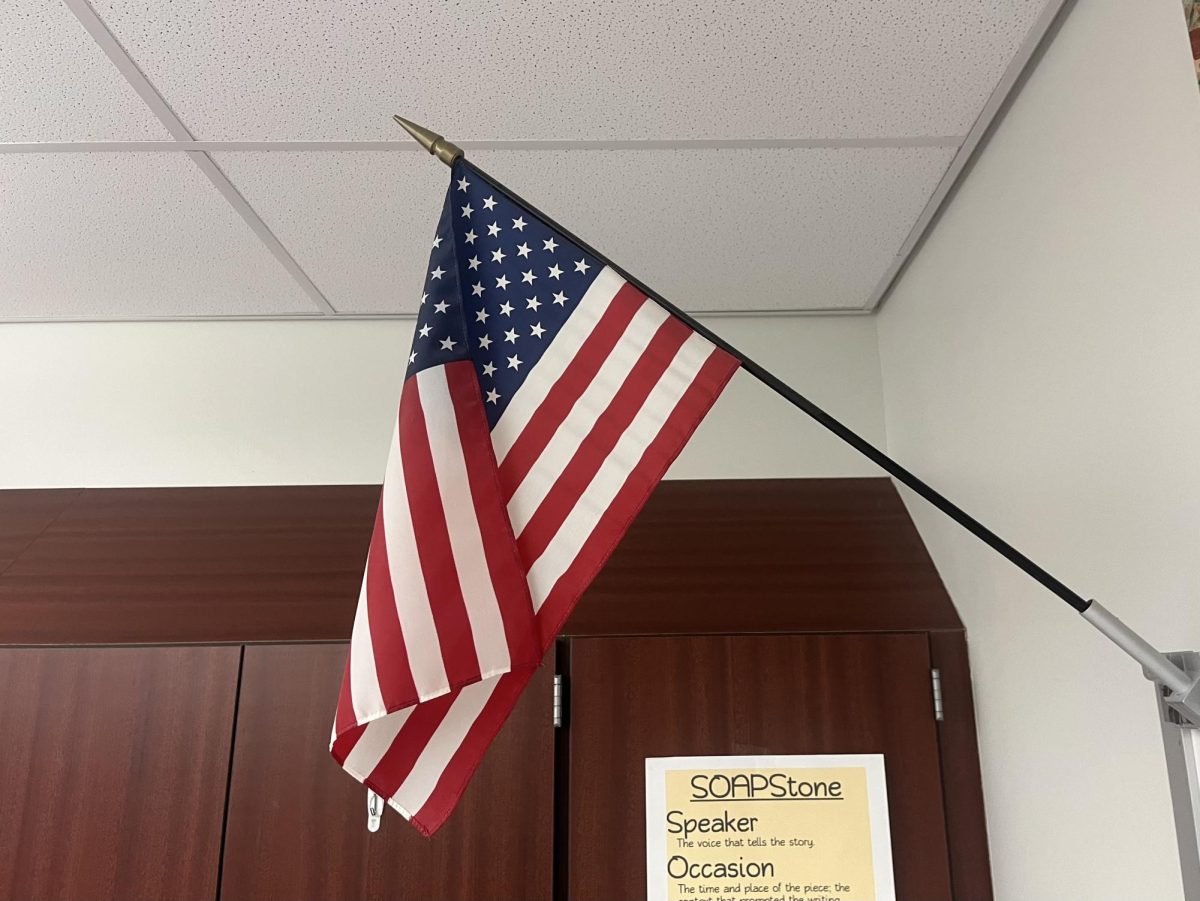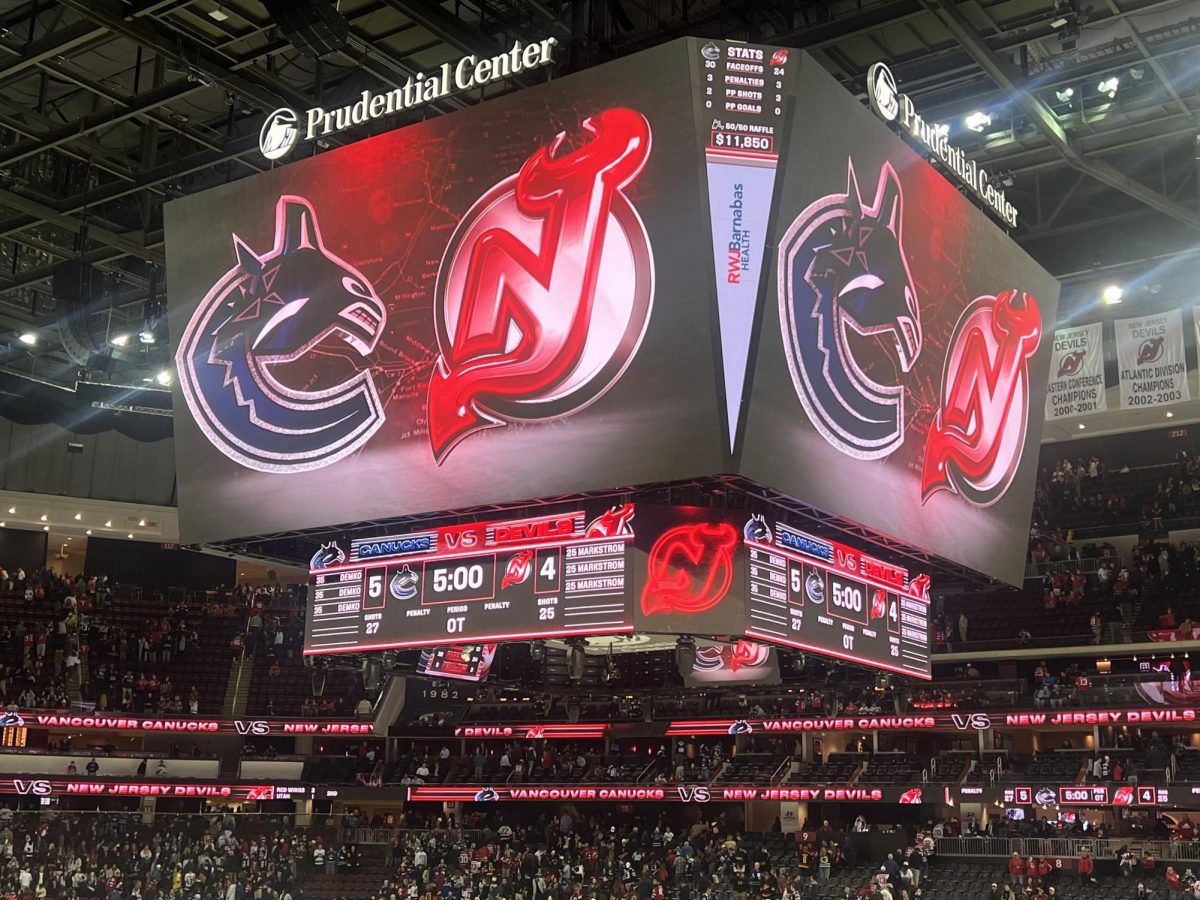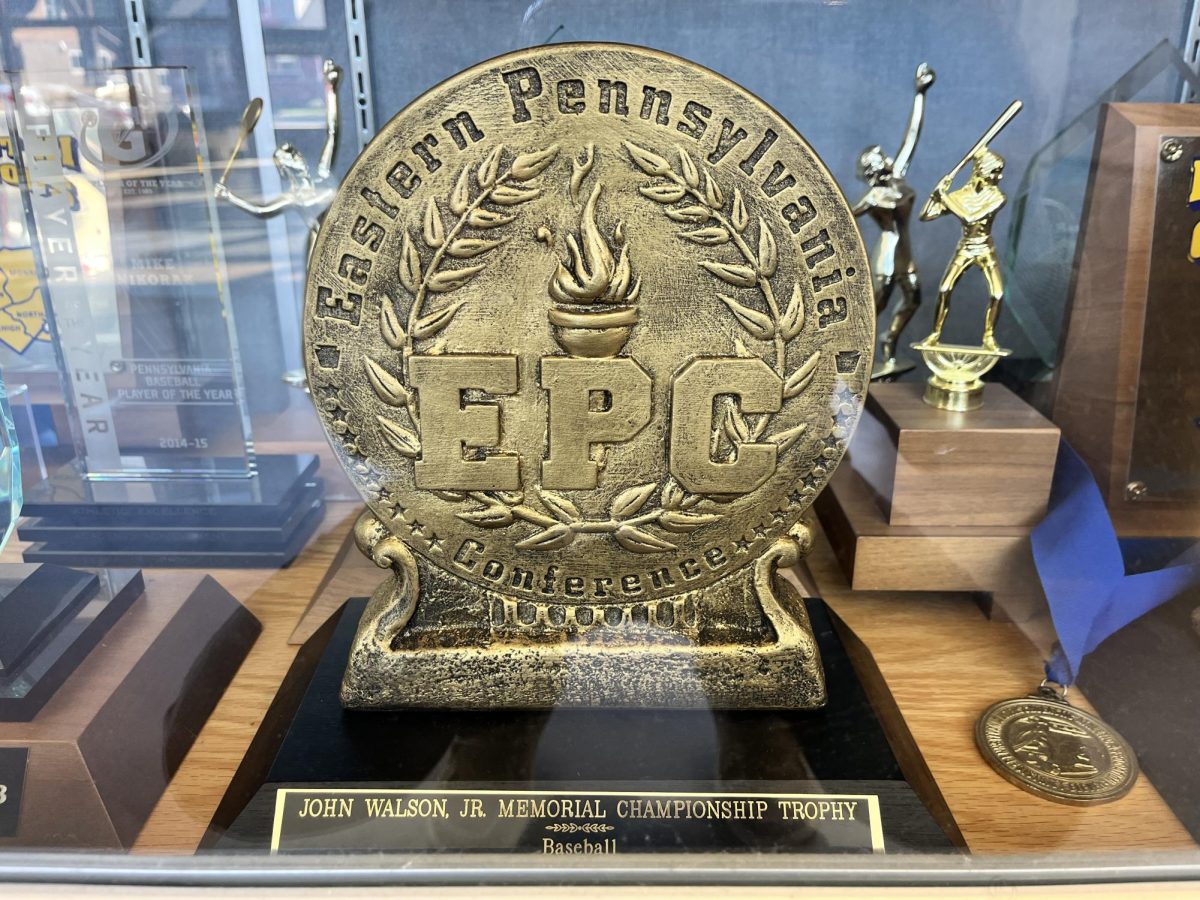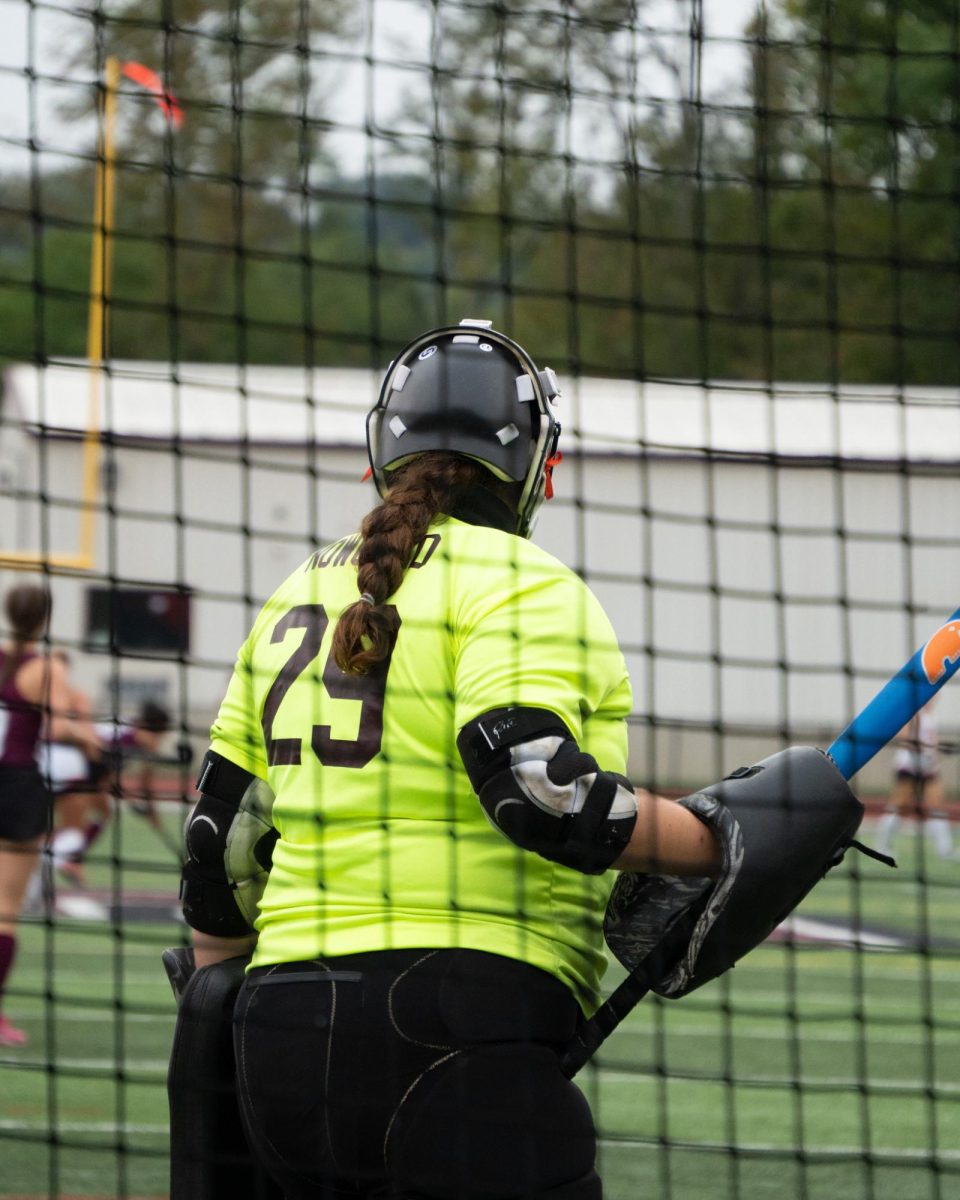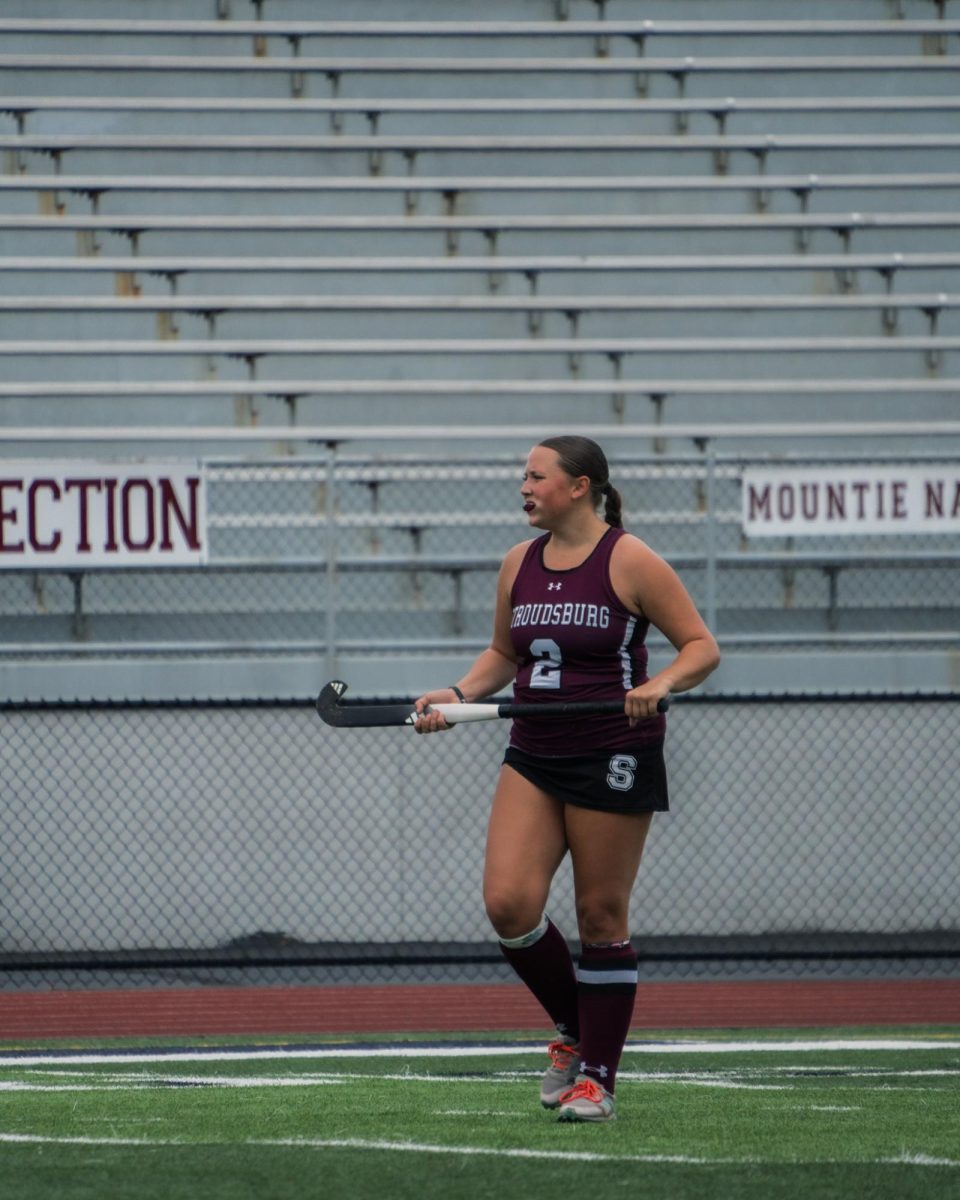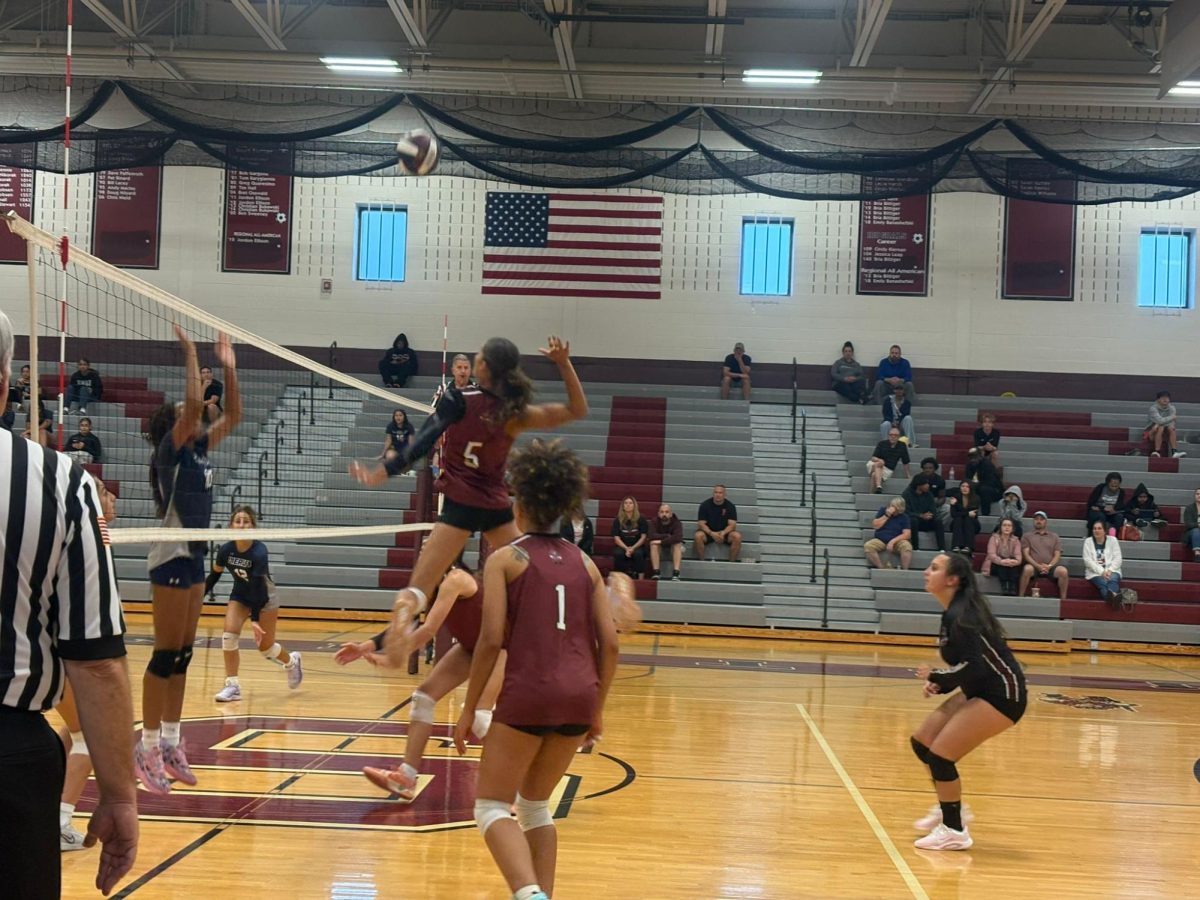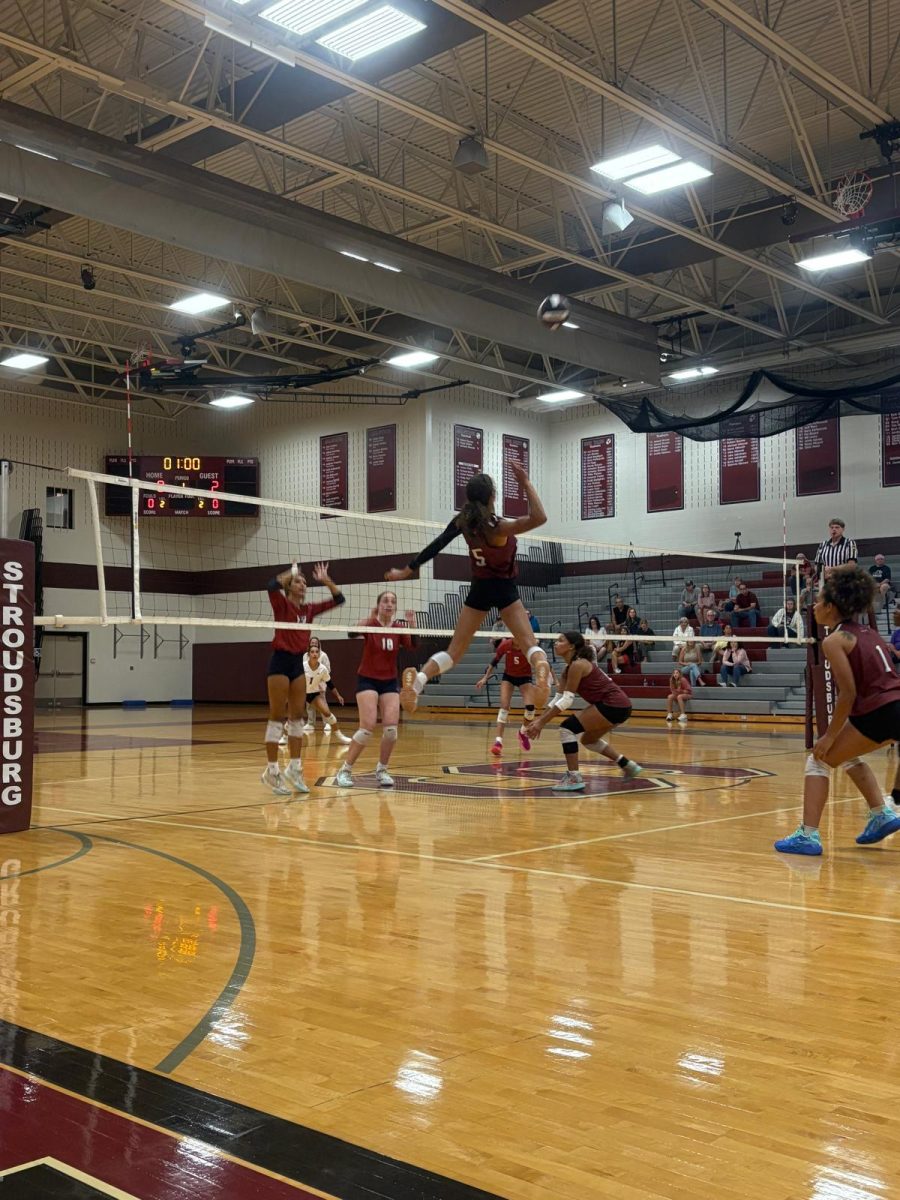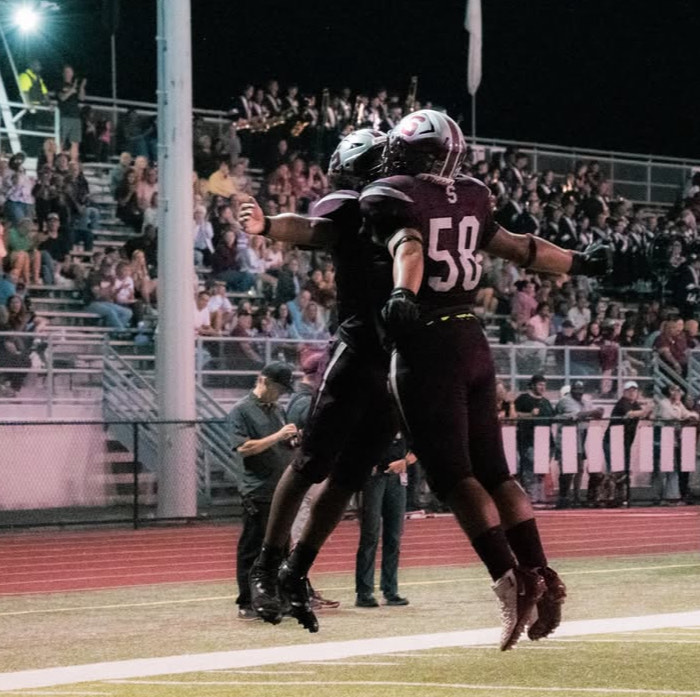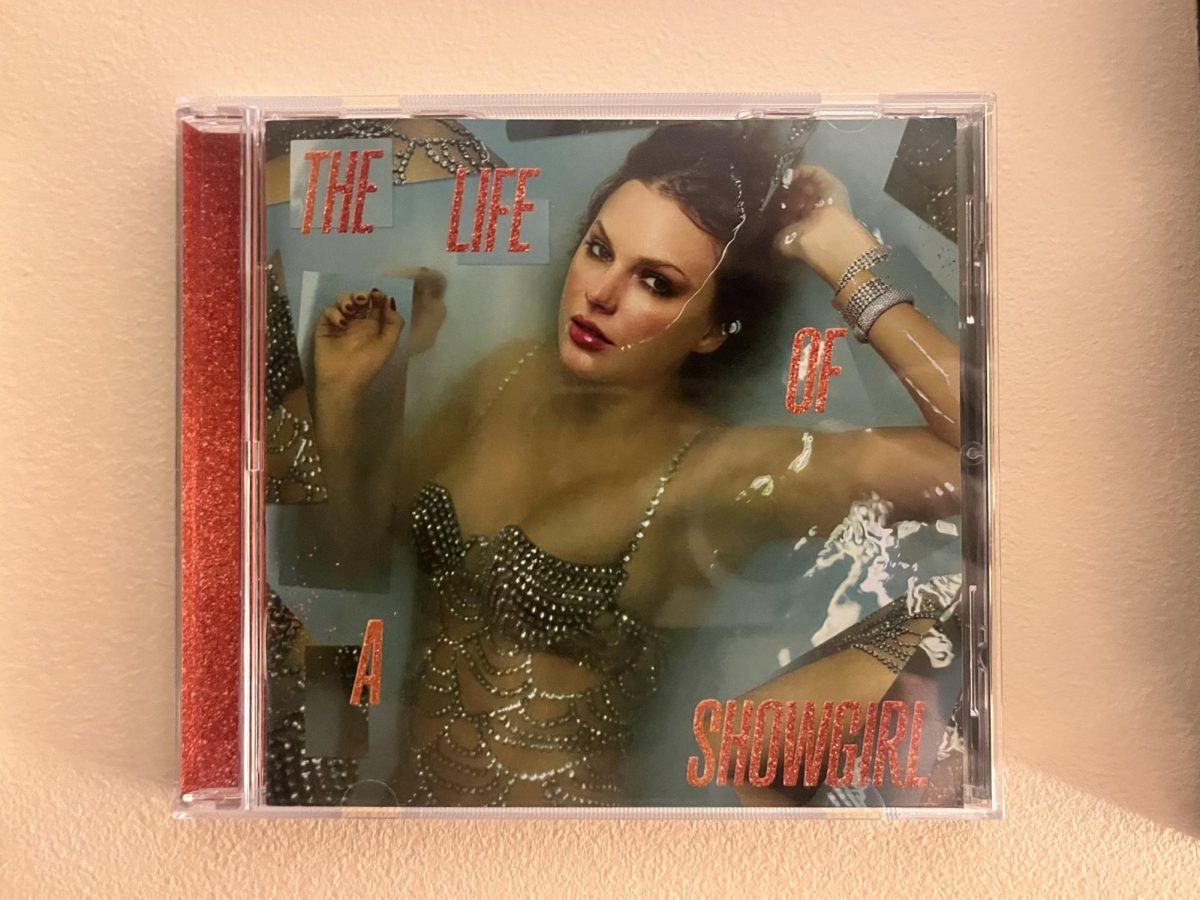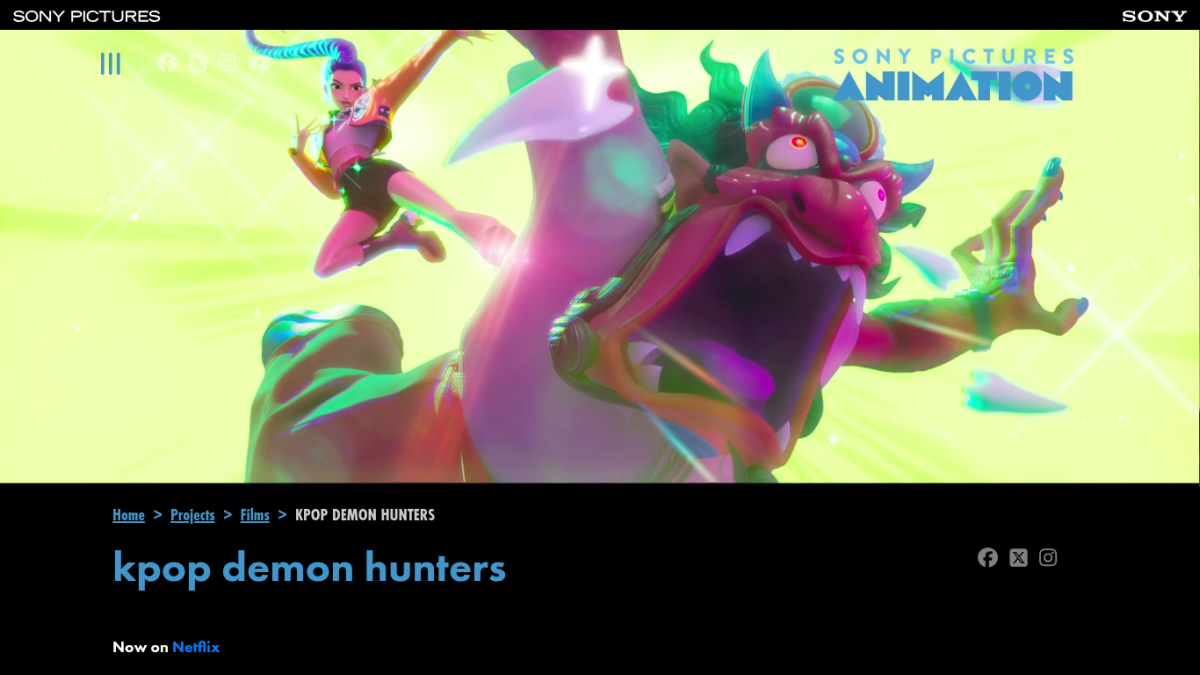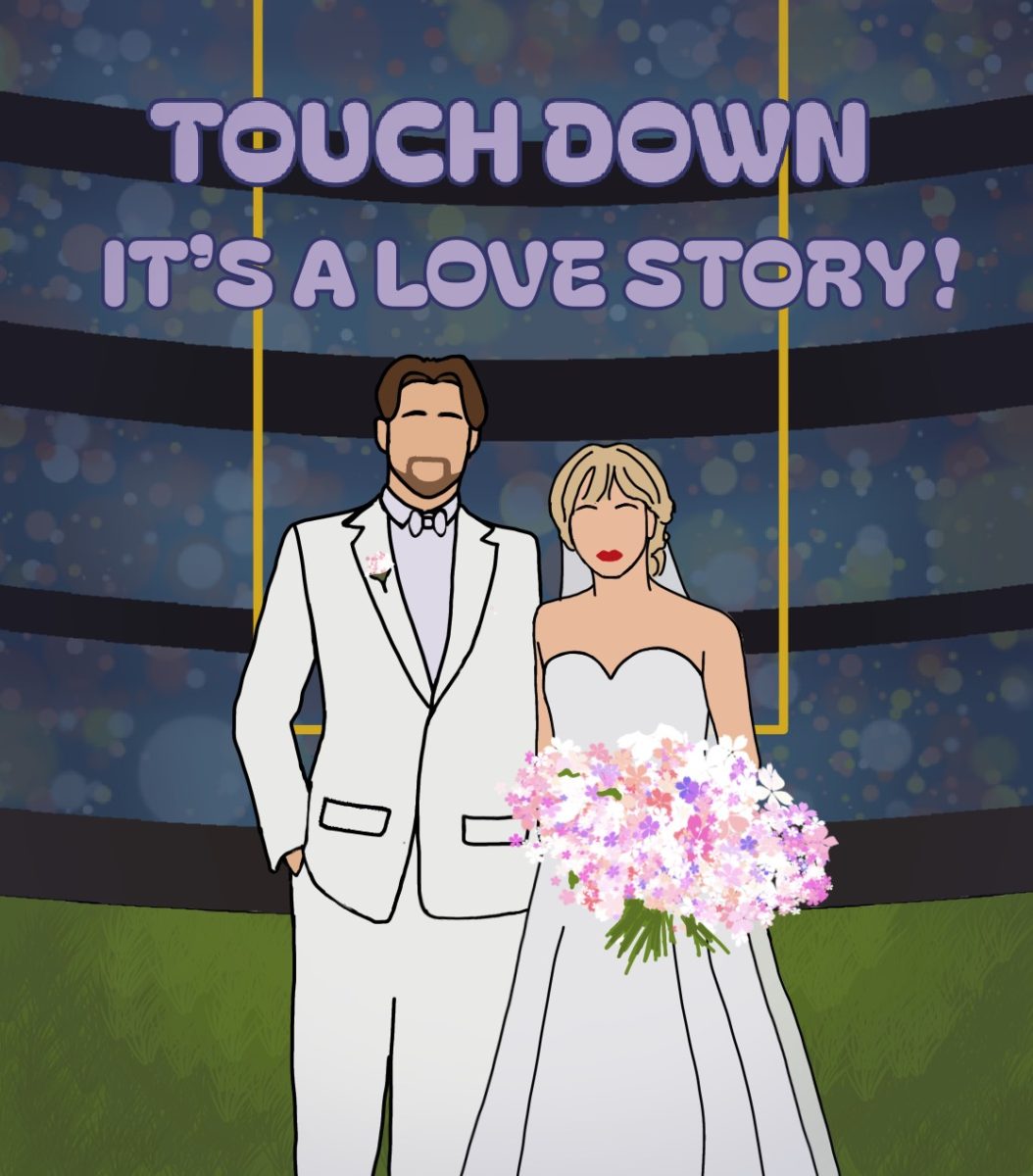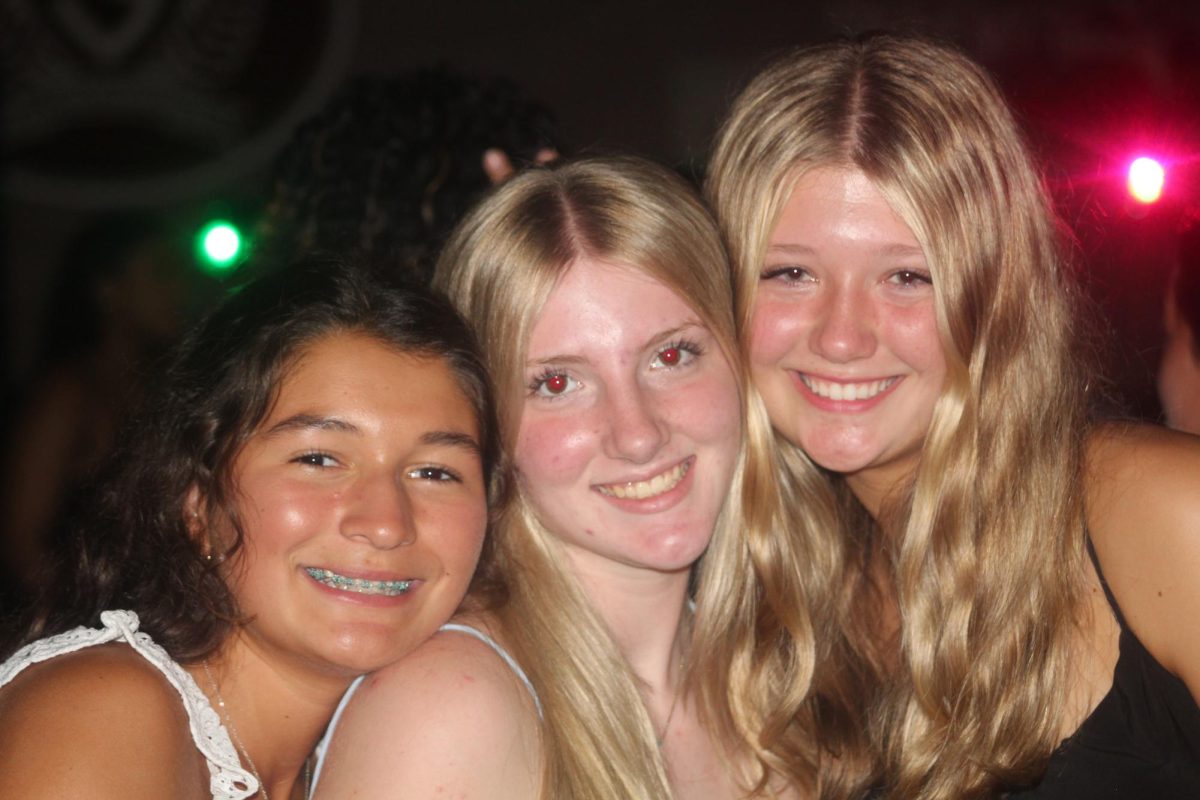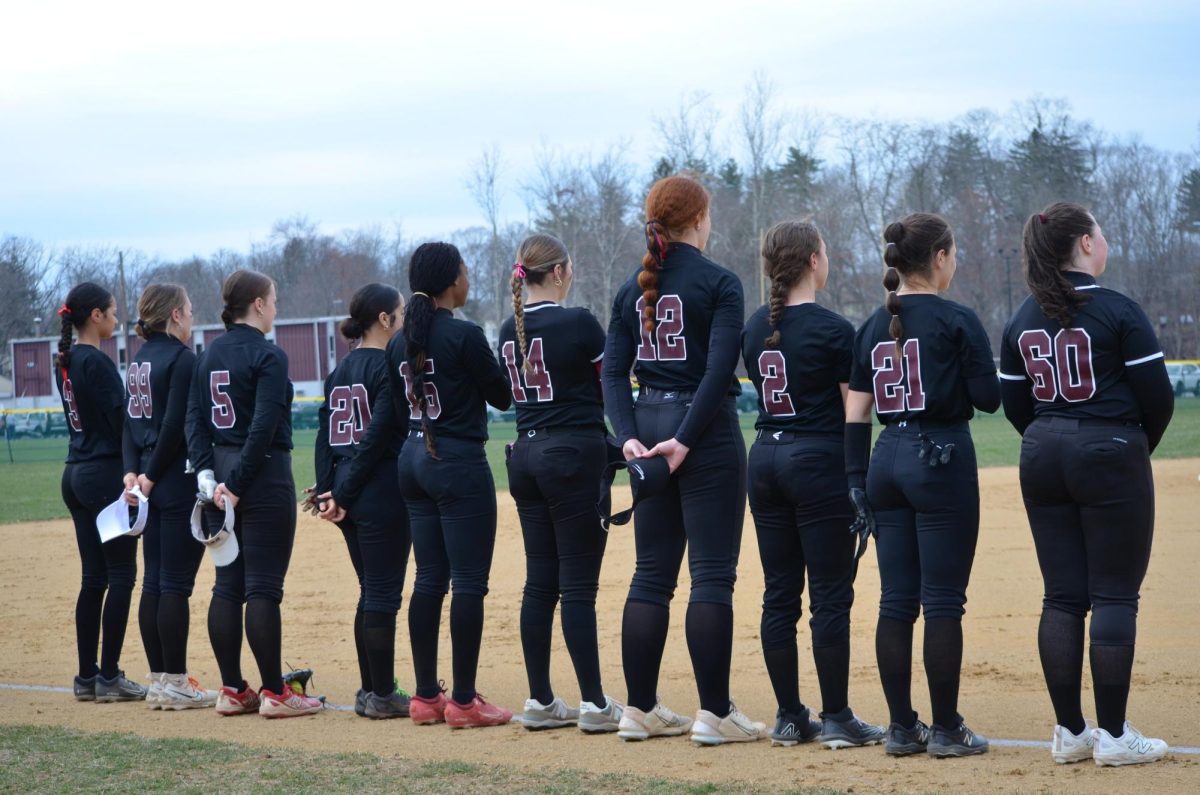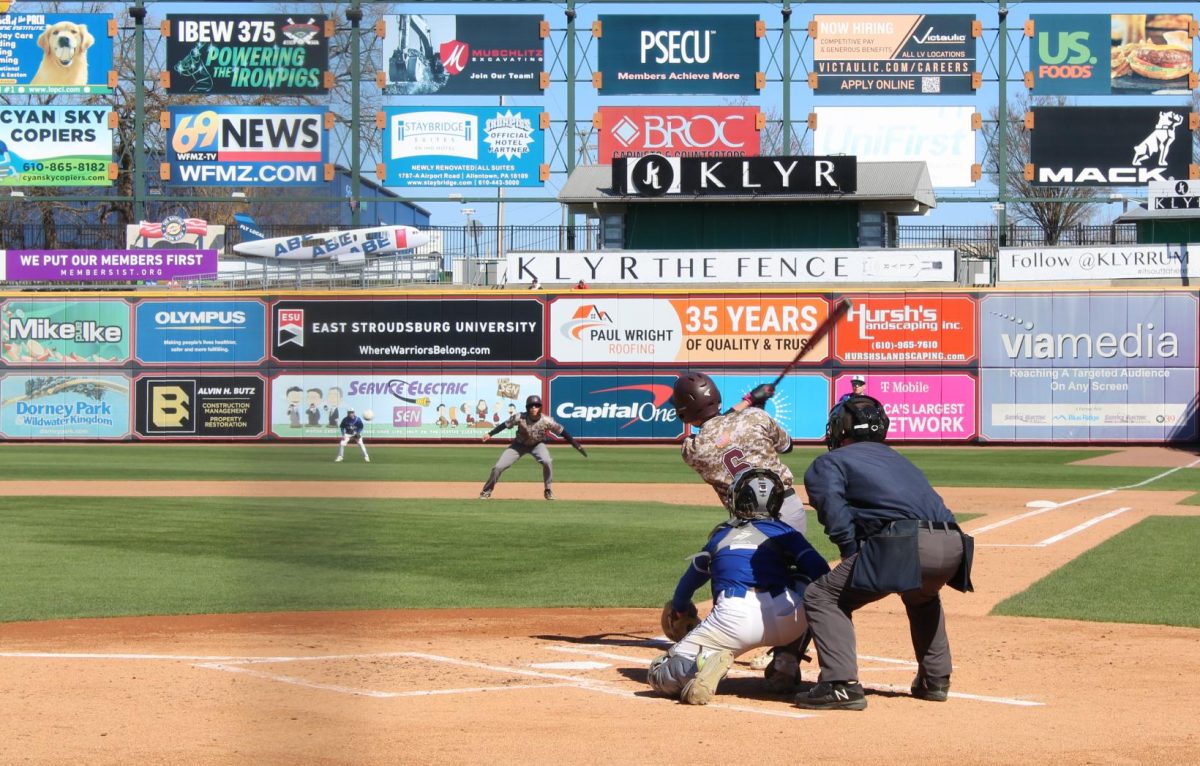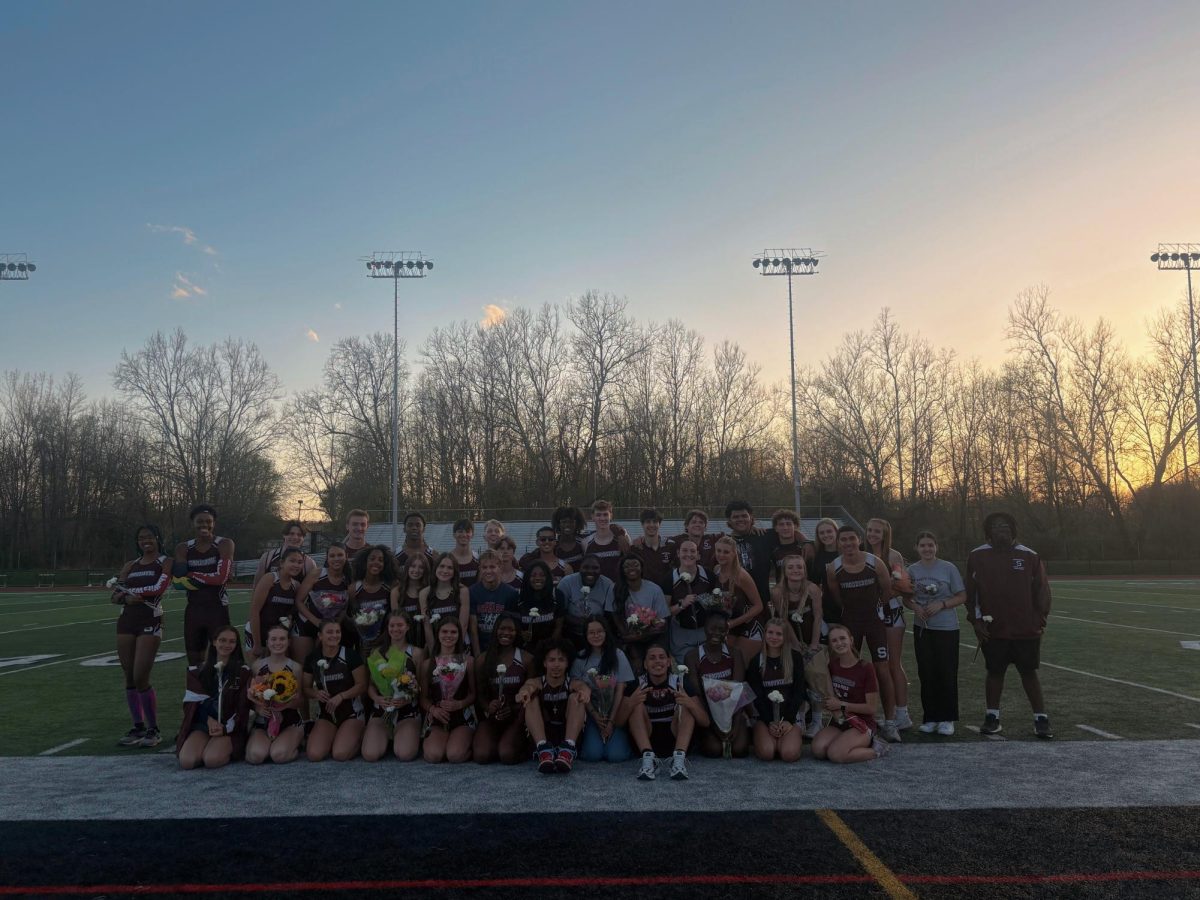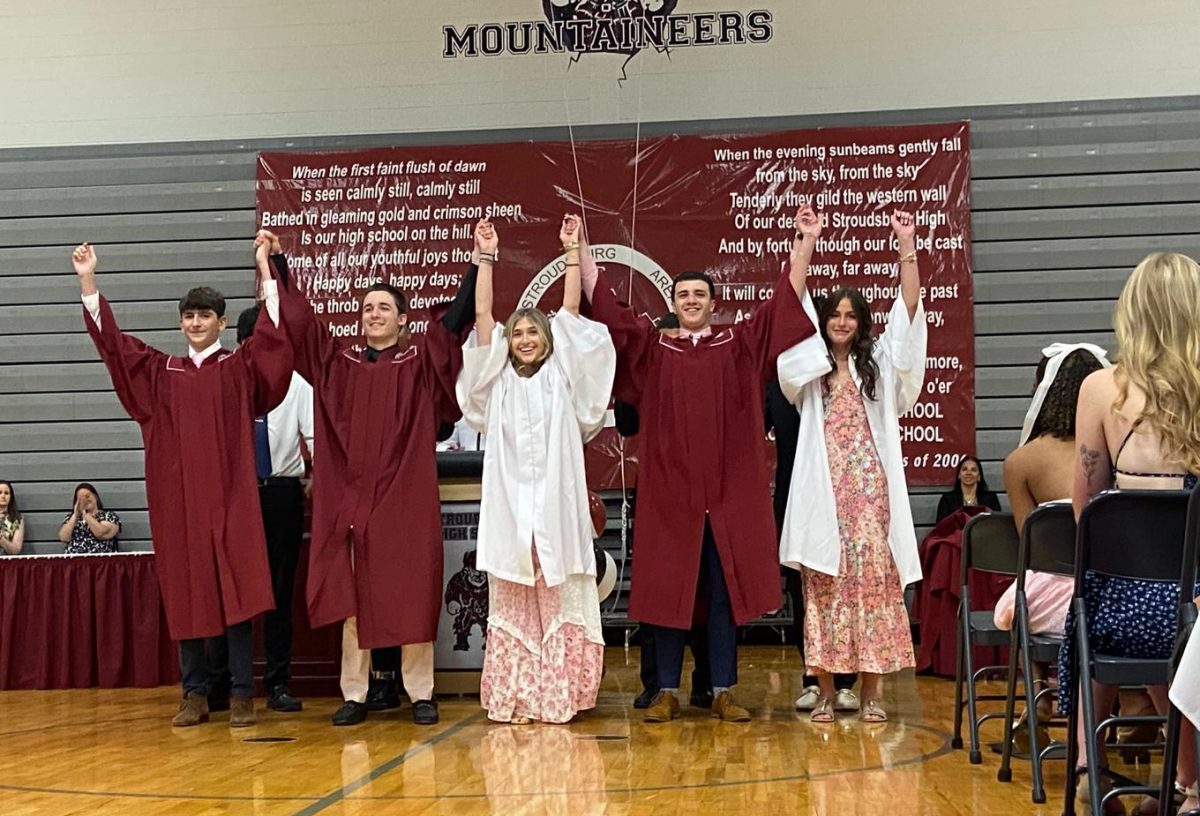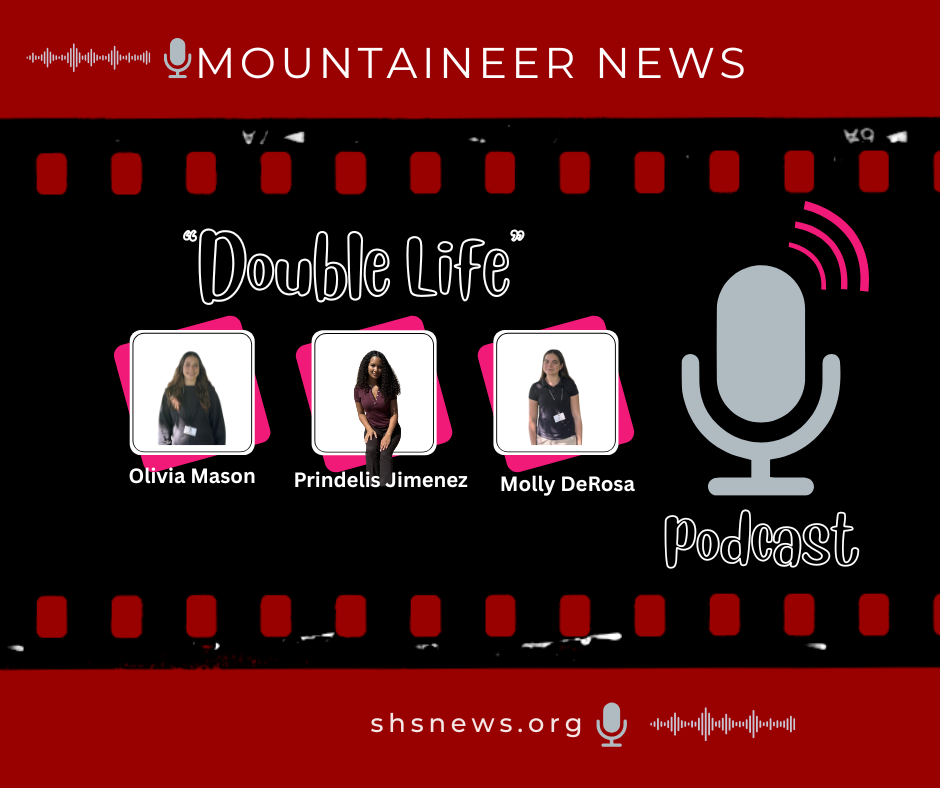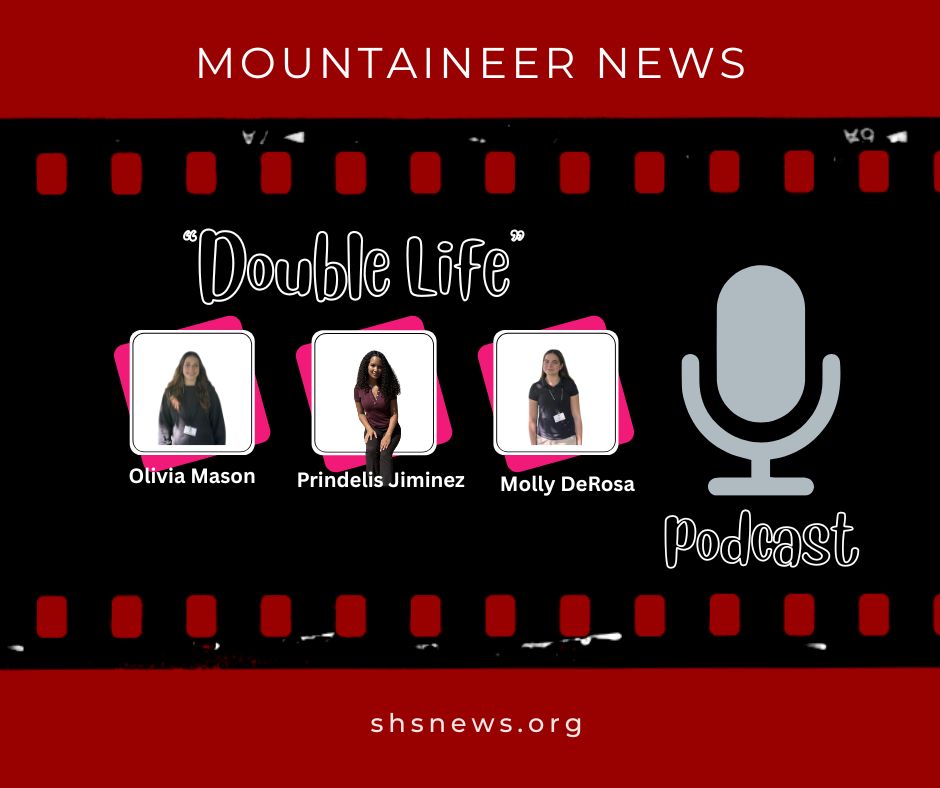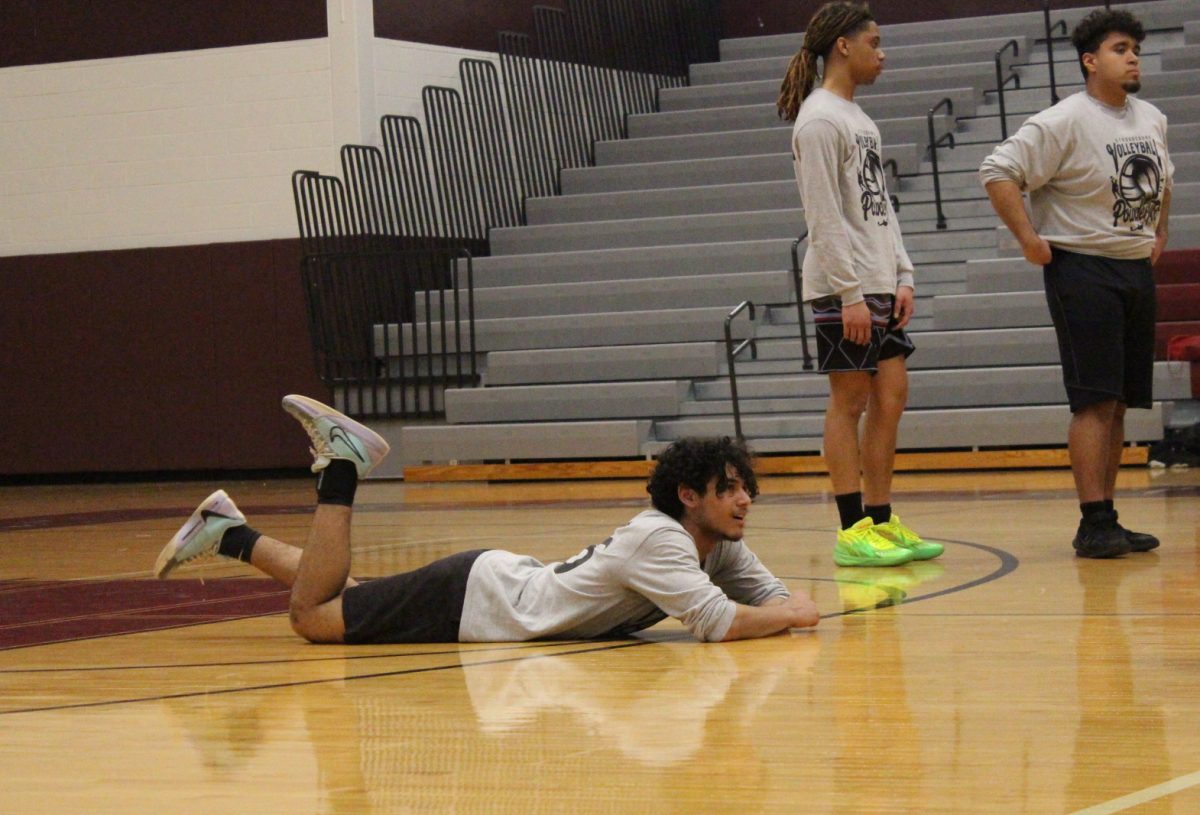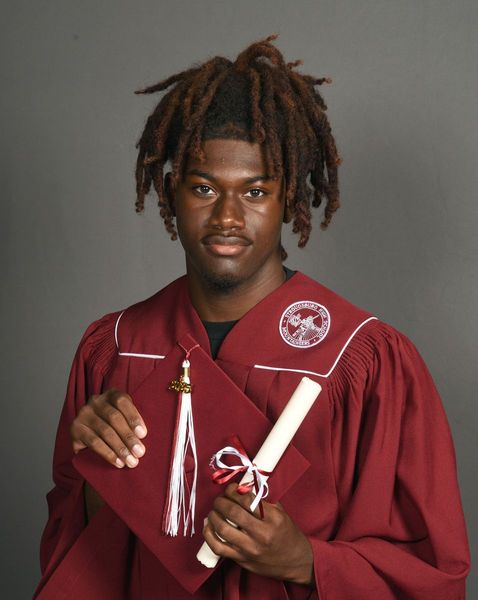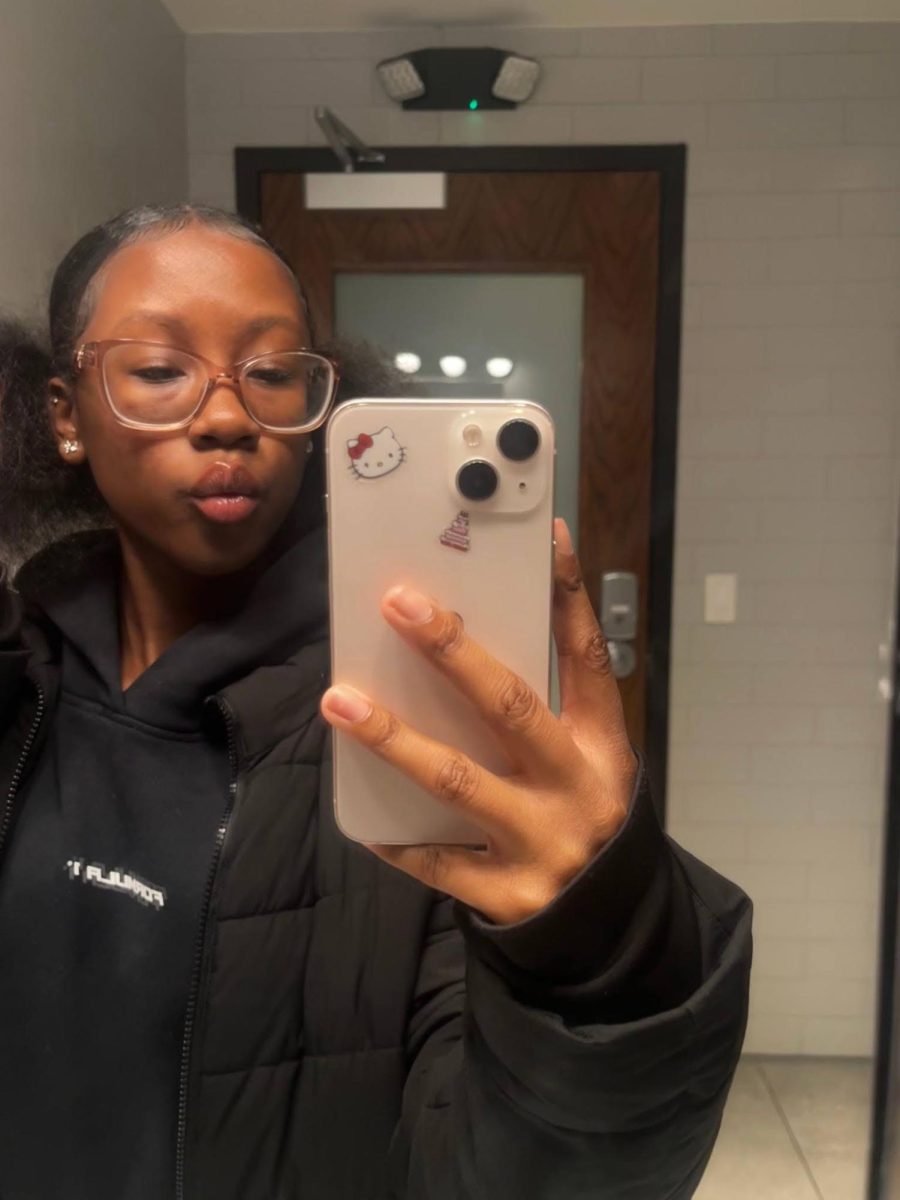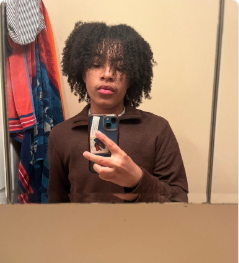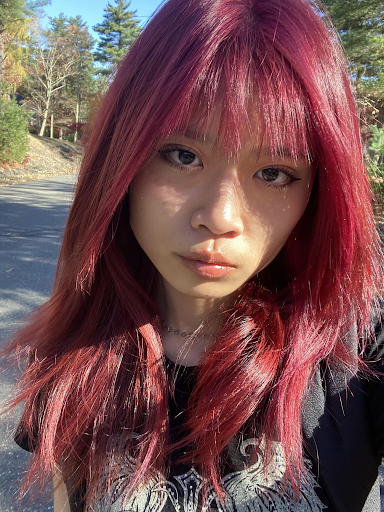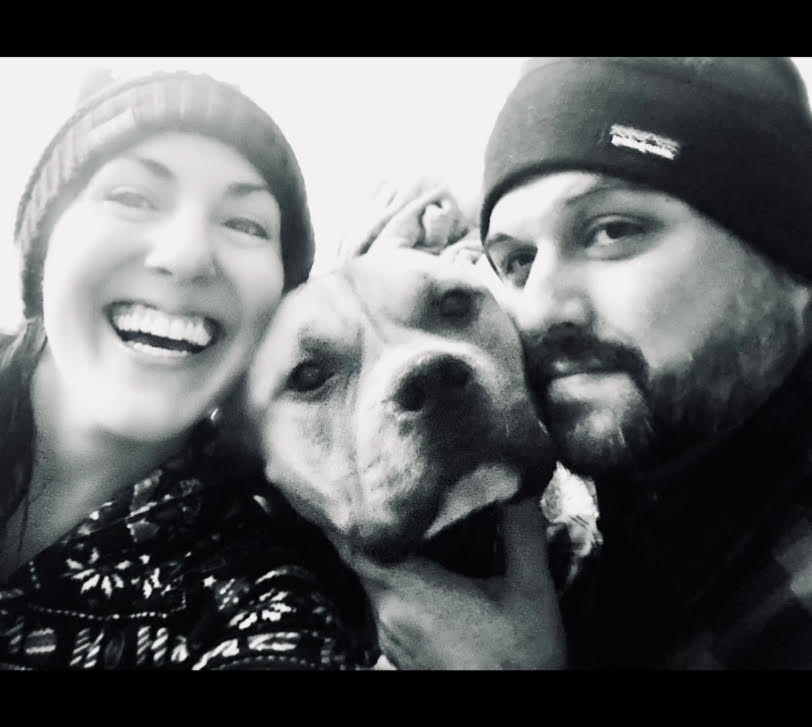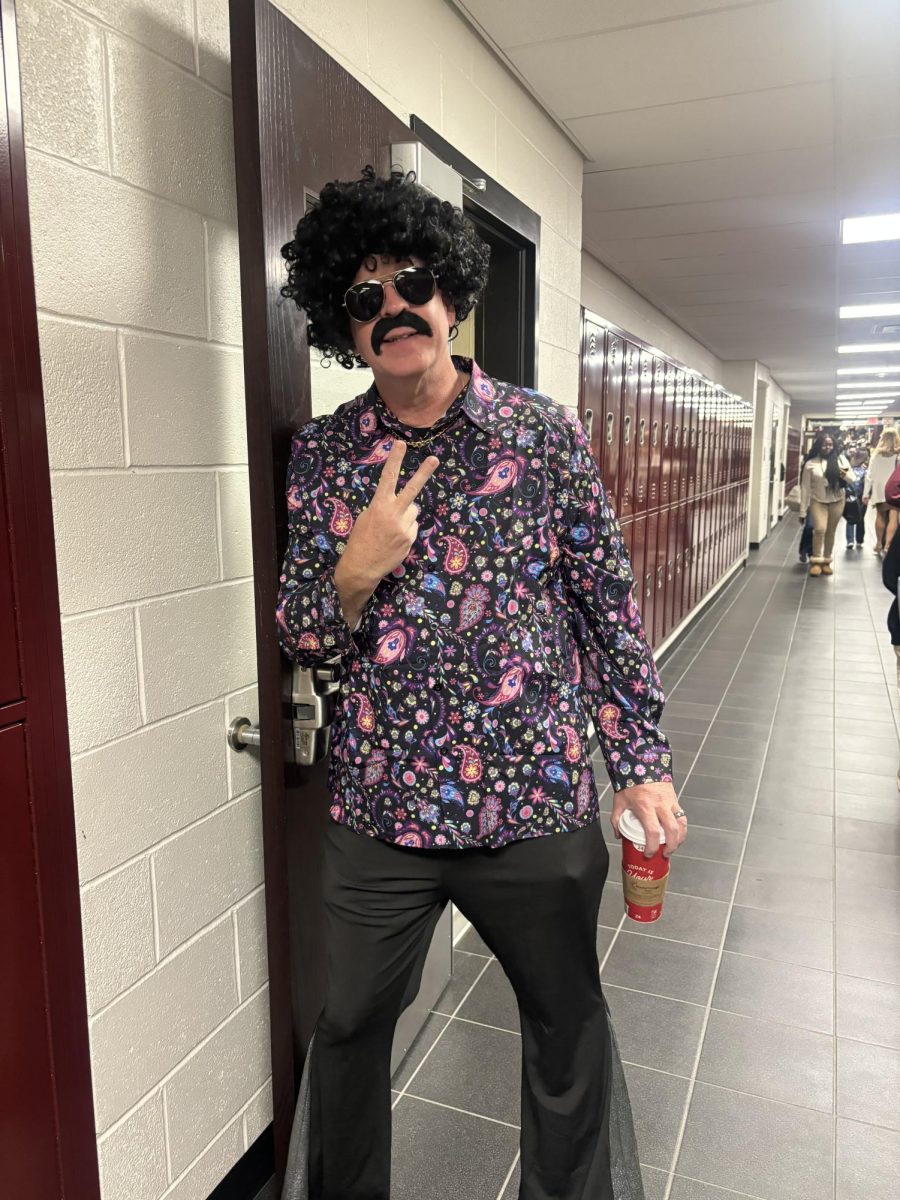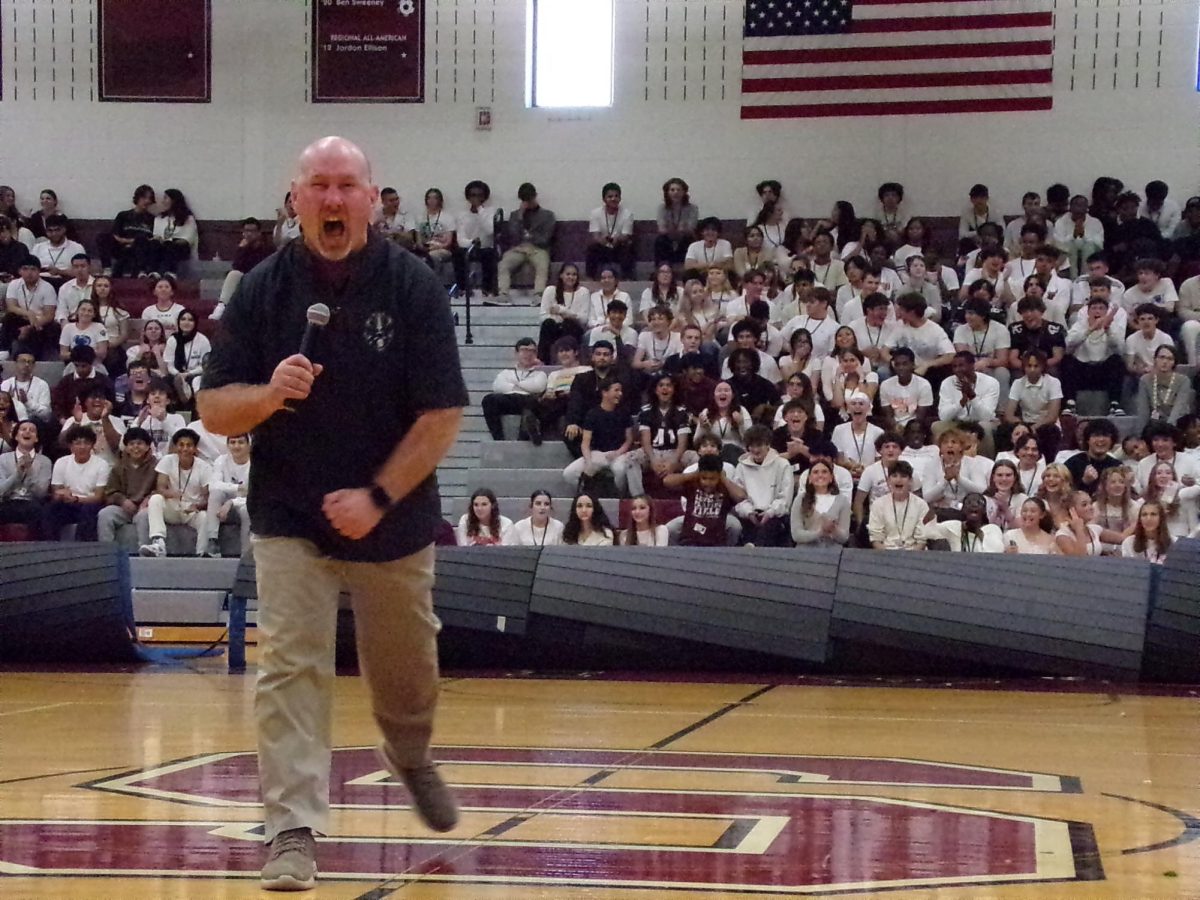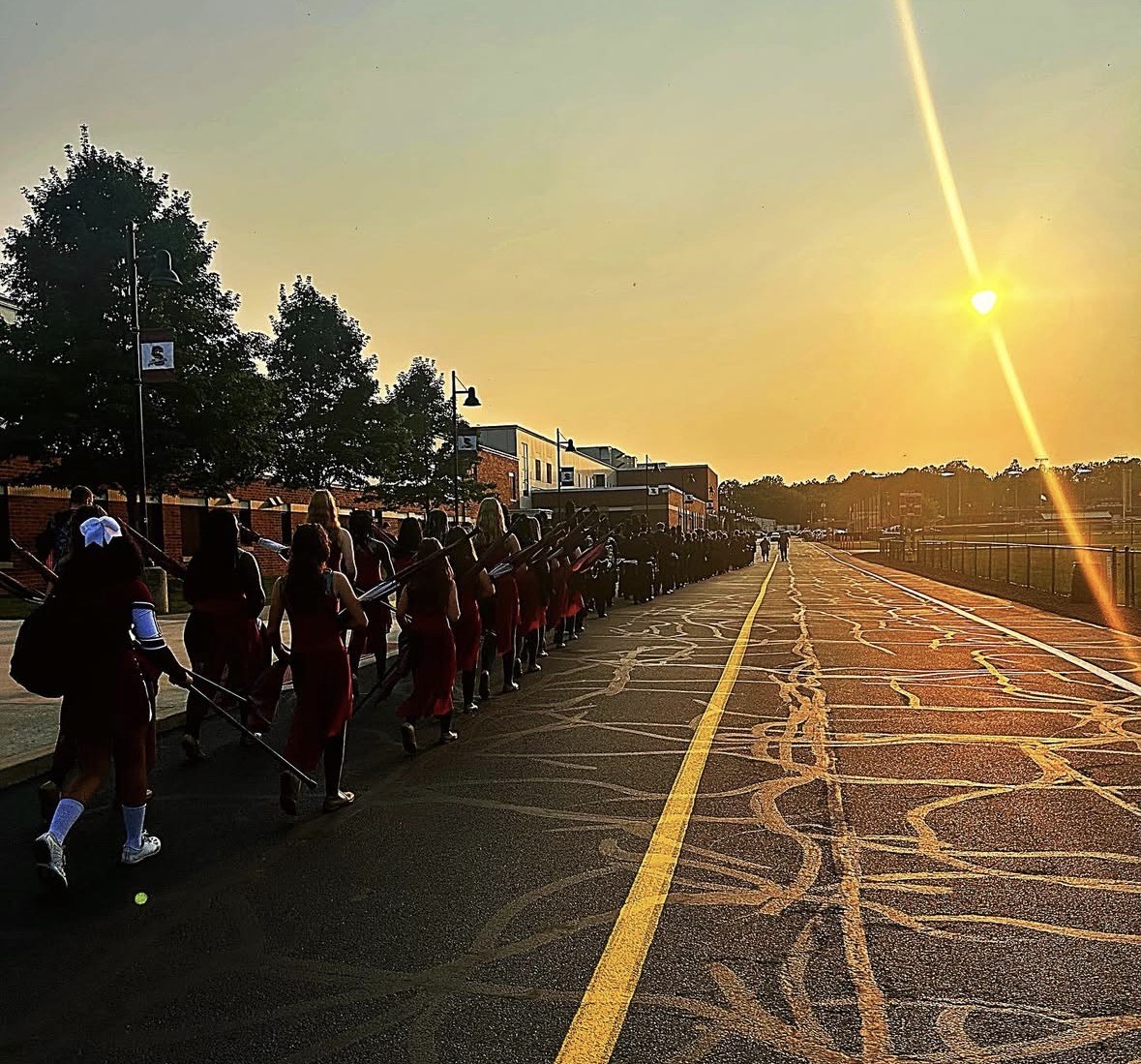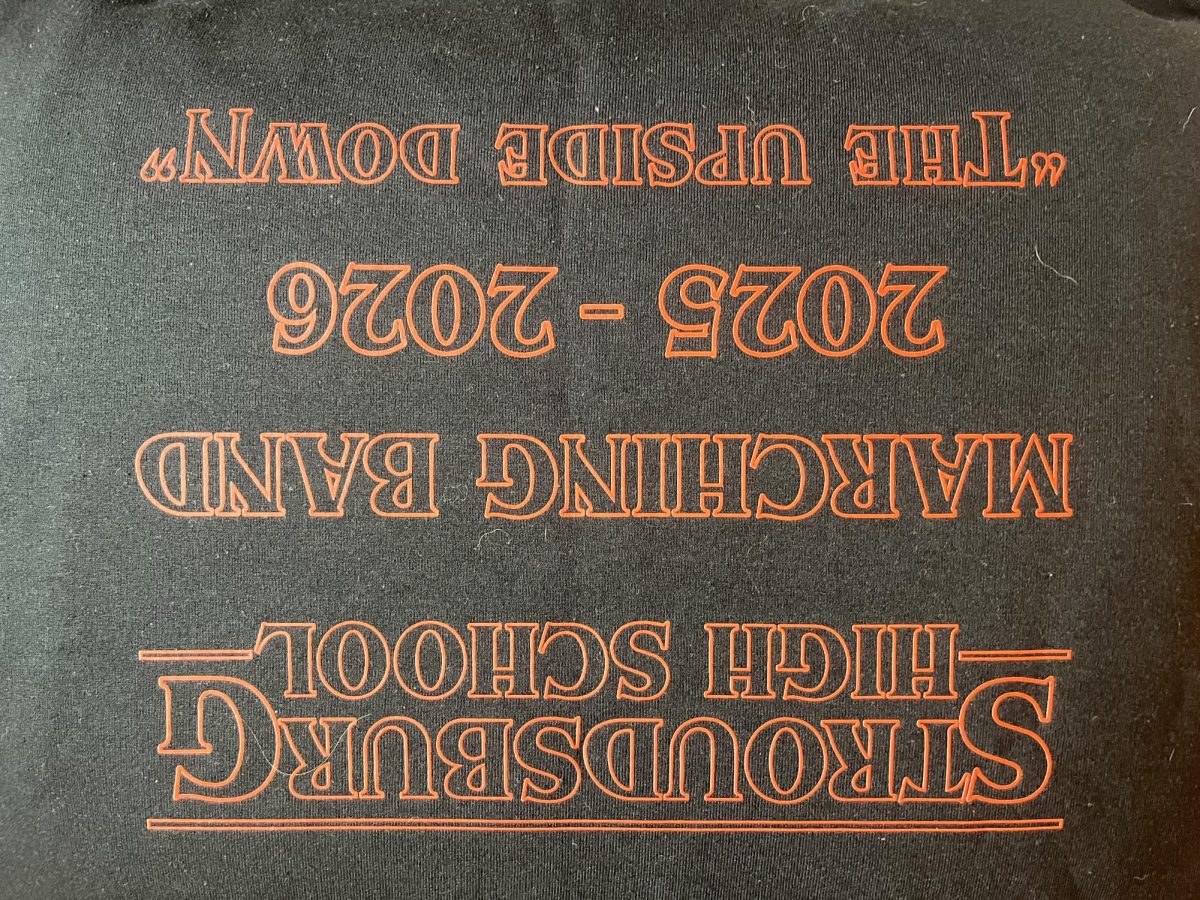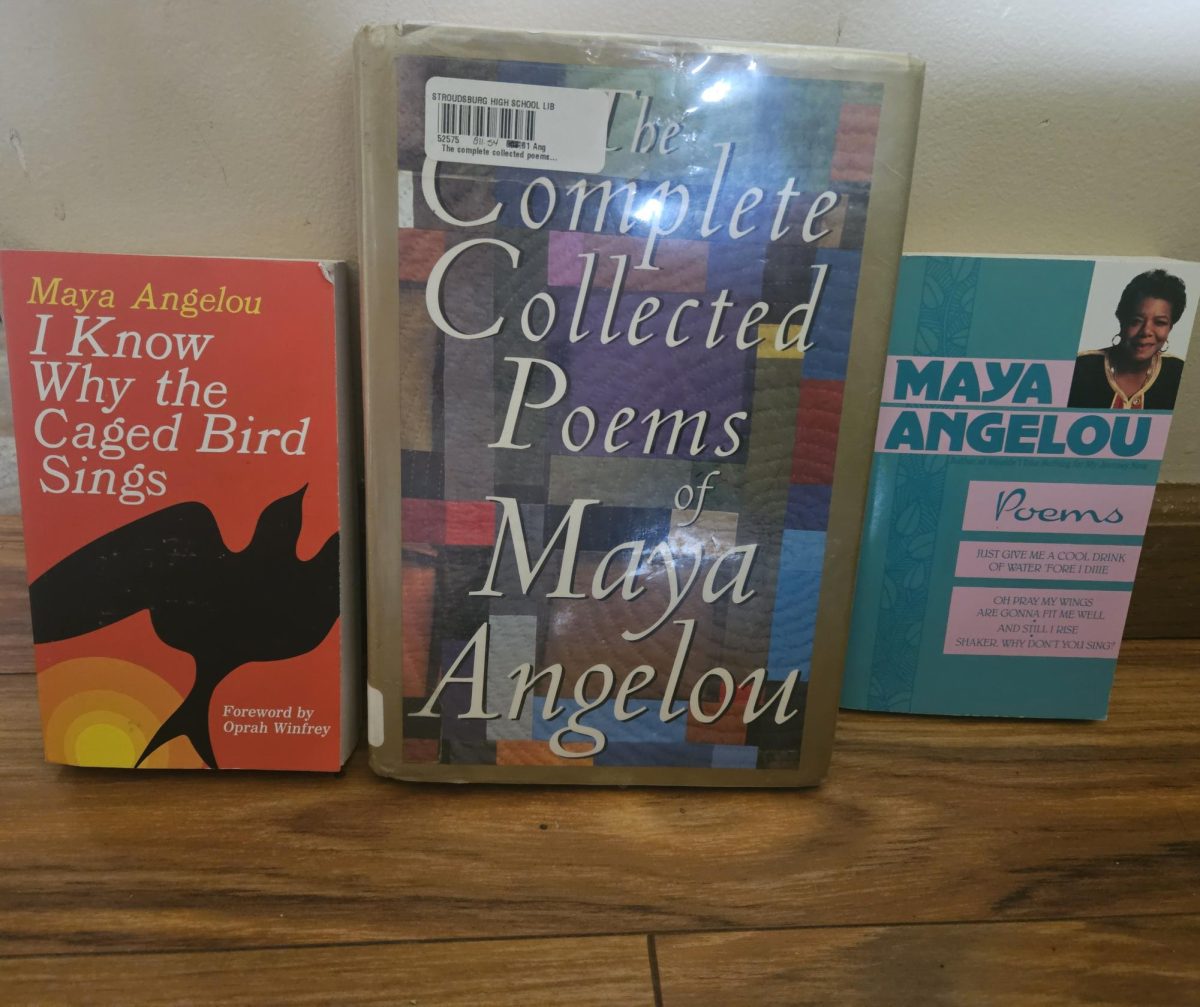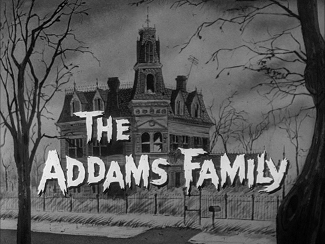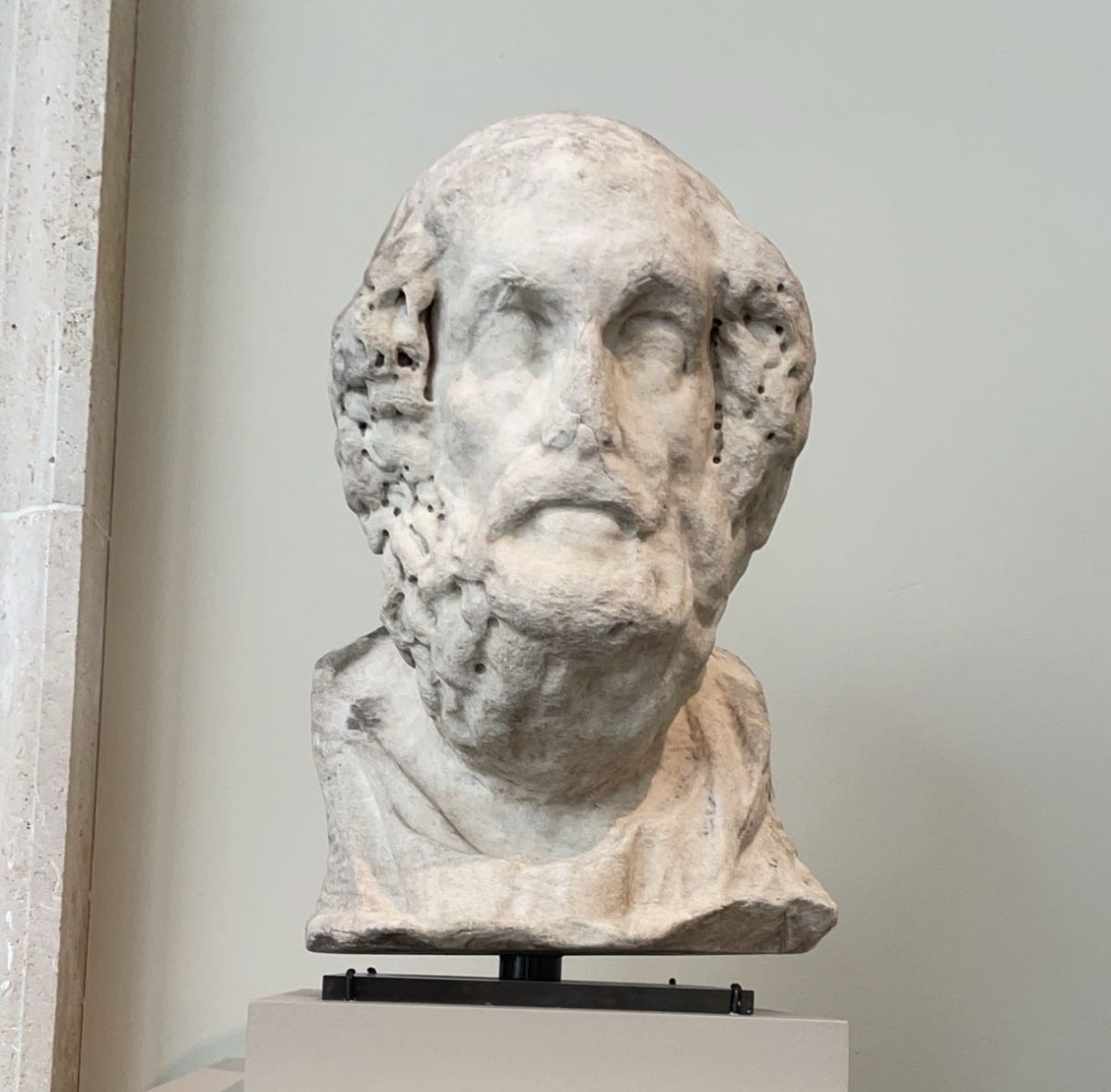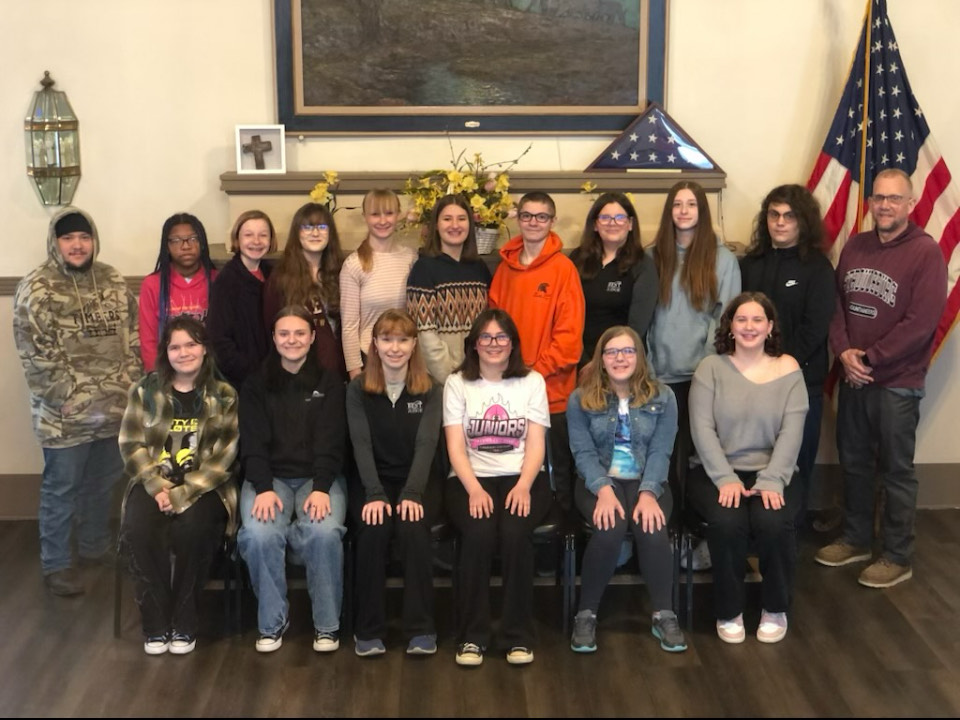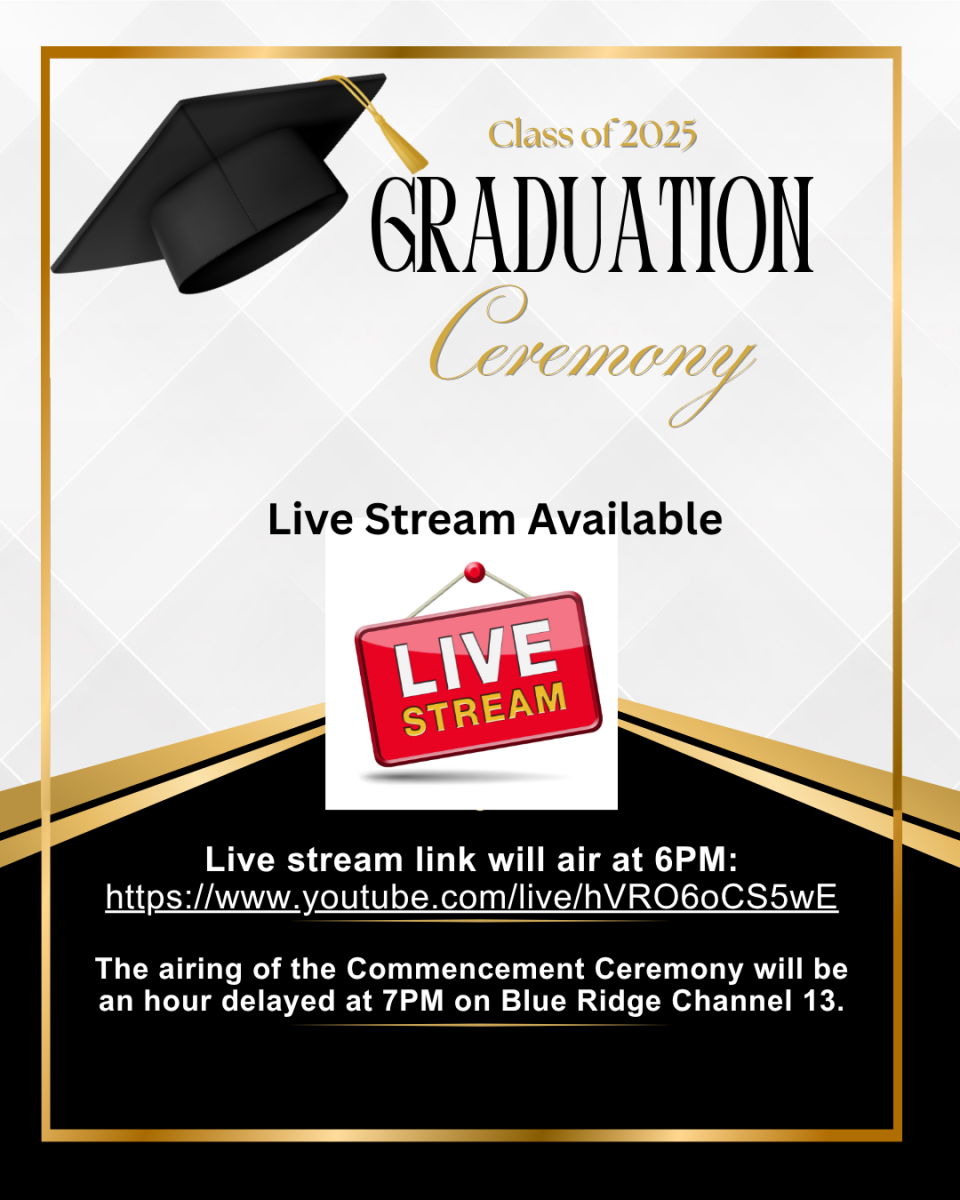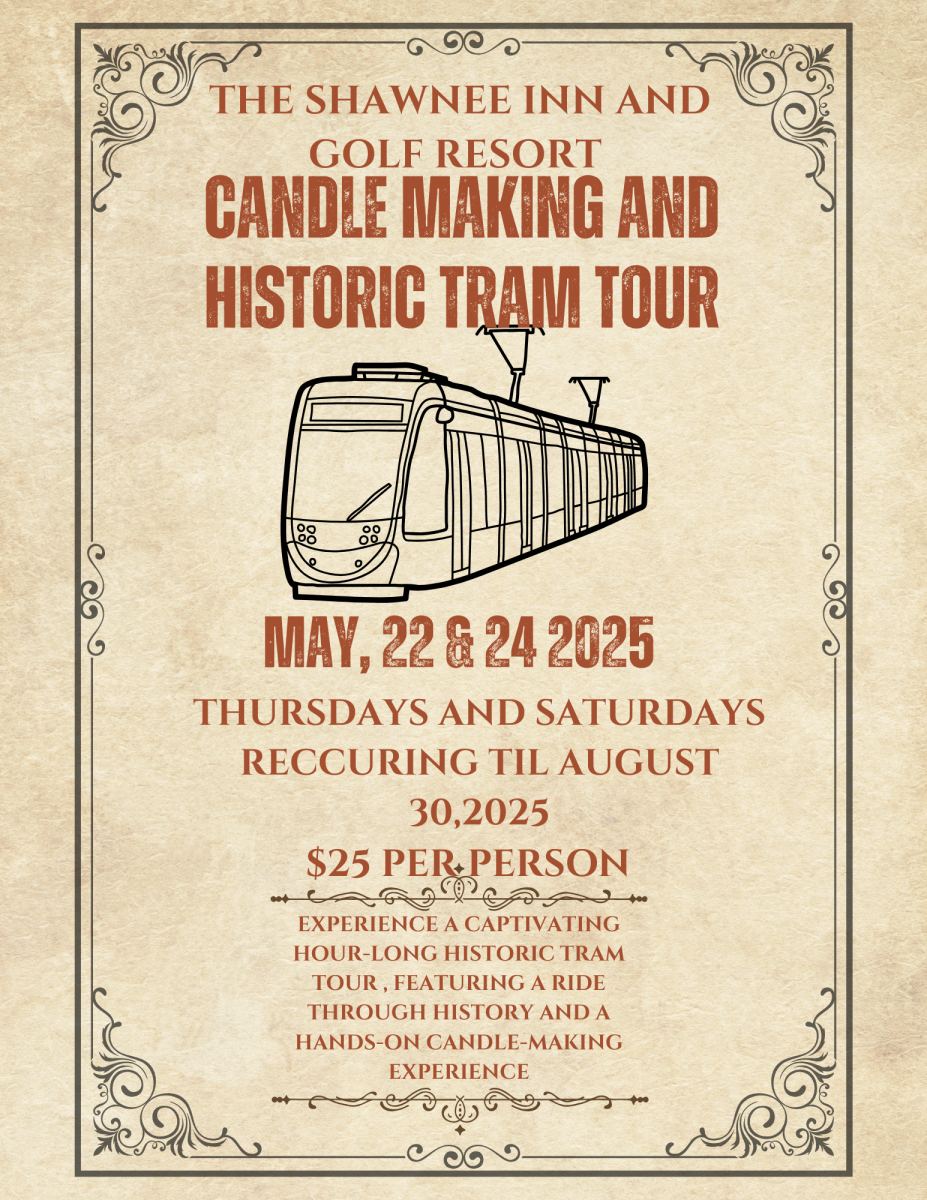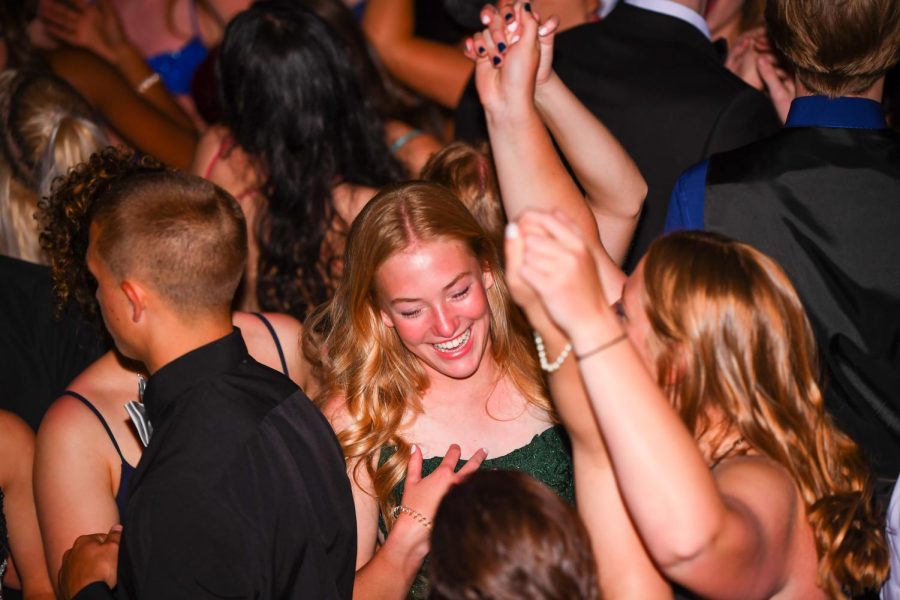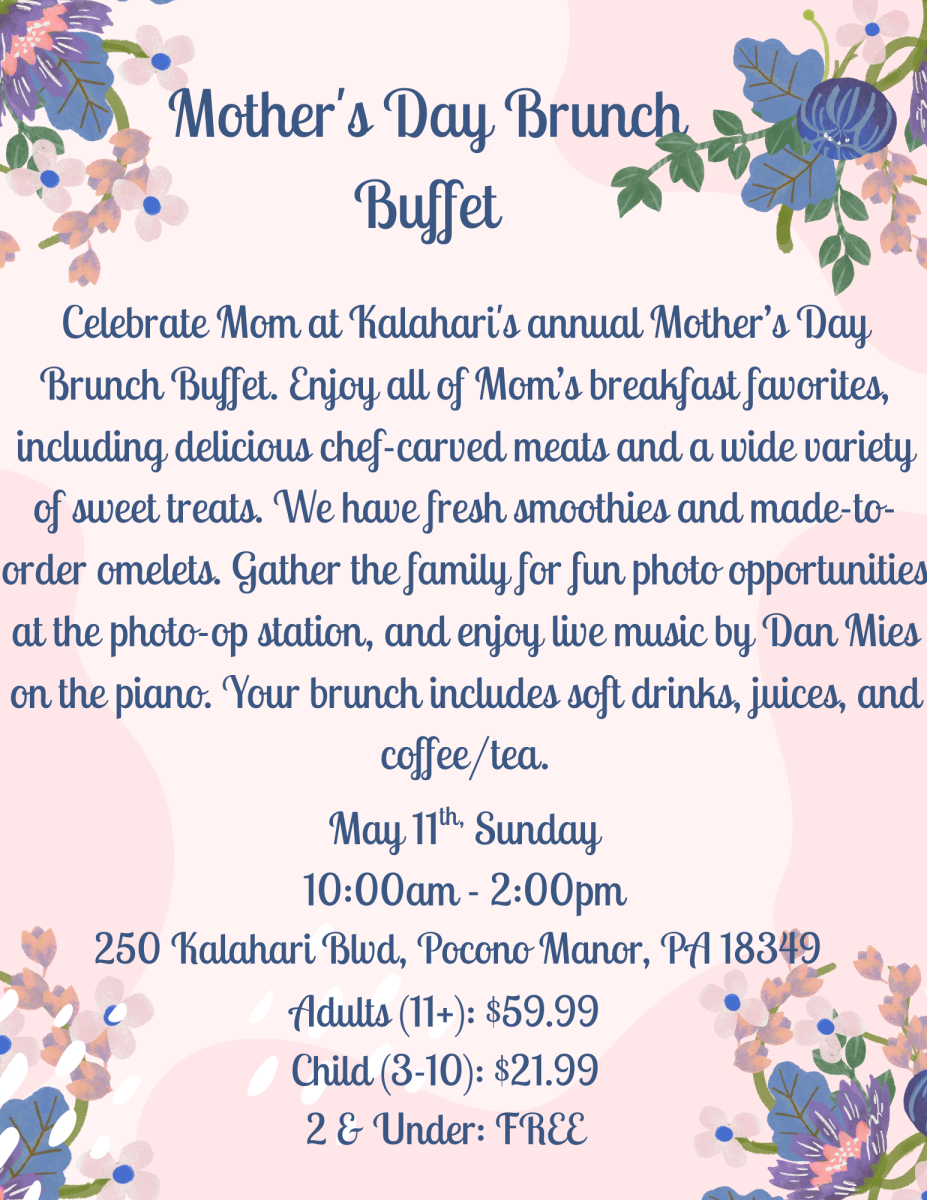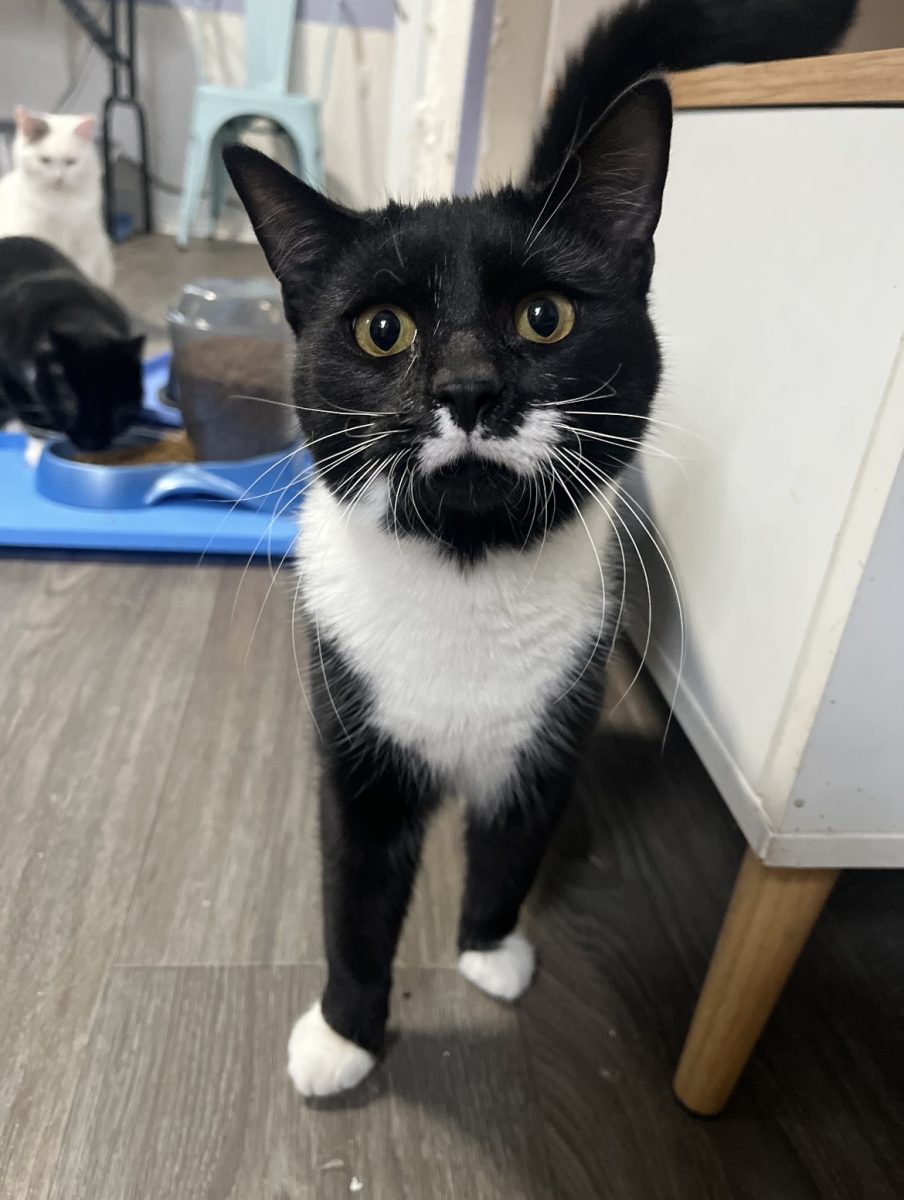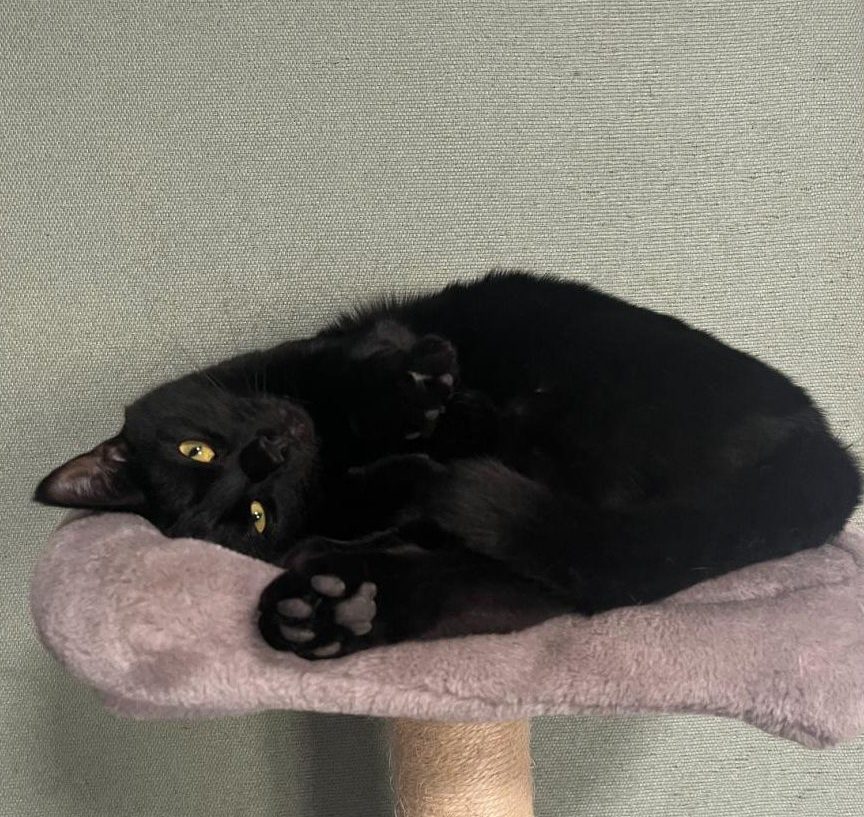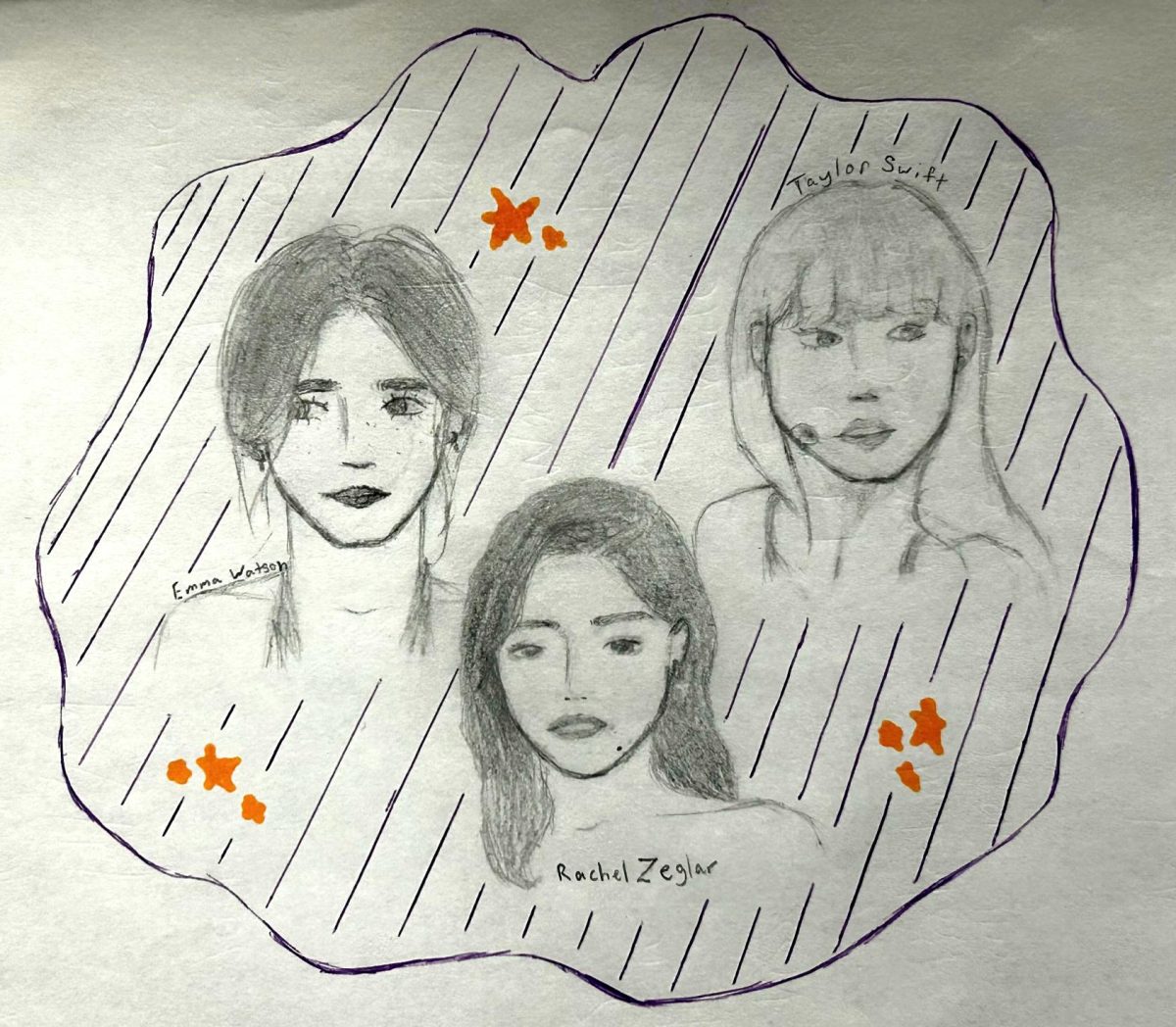Being a woman is like running a race with your legs tied together, it’s possible to win but you’re more likely to fall behind other contenders. It’s rough when the world puts you at a disadvantage simply for being a woman. Celebrities are constantly in the public eye. Being a famous woman is the equivalent of running that same race, except it’s live-streamed with thousands of people waiting for you to mess up.
Famous women are often subjected to more criticism and sexism than the average woman is. People find it much easier to share sexist ideas behind screens and seem to forget that celebrities are also human.
For example, actress Rachel Zegler debuted her acting career in 2021 in the movie West Side Story, only being 17 at the time. At 20, the movie landed her a Golden Globe for Best Actress in a Motion Picture – Musical or Comedy, making her the first Latina to win the award. With all that and her recent role in The Ballad of Song Birds and Snakes, Rachel Zegler has made her mark.
The media turned its back on the actress after she was cast as Snow White in the live-action version of the Disney classic. Being Latina and openly sharing her criticism of the original movie, Zegler boasts this version of Snow White wouldn’t need a prince, causing backlash.
“Robert Pattinson criticized Twilight, bashed it and made fun of it,” pointed out Kiara Camacho, 11, “However, contrary to the media’s reaction to Zegler, they praised him for his comments, laughing at his jokes towards the extremely popular series.”
The actress was harassed online briefly, but like all gossip, the subject was forgotten for the next bit of celebrity drama.
Before this, Zegler commented on her role in Shazam! Fury of the Gods, saying she only took the role because she needed a job, the media was again furious.
Internet commentators voiced criticism but left out how she was a fan of the first movie.
After Zegler spoke about the money she quickly added, “I loved the first movie and the fact that they even wanted me to come in for a callback and then a camera read and then everything in between, I’m so lucky that I got this job,” according to The Hollywood Reporter.
VanityFair mentions how Hugh Grant talked about his role in Wonka saying, “I couldn’t have hated the whole thing more. When asked why he took the job, Grant explained, “I have lots of children and need money.”
Even though they both originally accepted roles in movies for the money, Zegler was heavily criticized while Grant was praised.
Rachel Zegler is, unfortunately, a perfect example of the awful treatment of female celebrities in the media and Hollywood. She was relatively young when she rose to stardom, being a woman, and getting extreme hate for being “outspoken” when she just bluntly stated her opinions.
There are double standards for female entertainers in a male-dominated entertainment industry rooted in hidden sexism.
Taylor Swift explained this, according to Pinkvilla, “There’s a different vocabulary for men and women in the music industry. A man does something, it’s ‘strategic’; a woman does the same thing, it’s ‘calculated,’” she goes on to explain, “A man is allowed to ‘react’; a woman can only ‘over-react,’ … A man ‘stands up for himself,’; a woman ‘throws a temper tantrum.’”
Camacho expressed, “Her ‘reaction’ to that awful Barbie joke during the Golden Globes was taking a sip of wine and people lost their minds. The media was so quick to attack her instead of talking about and correcting the man that made the bad and insensitive joke in the first place.”
The entertainment industry and the media hold women to unreasonable standards they can not meet. It seems like every woman in the entertainment industry has spoken out about some kind of sexism they have faced.
The website People lists actresses who have spoken out on sexism in Hollywood. Some of the people referenced are Serena Williams, Brigitte Neilson, Reese Witherspoon, Jennifer Lawrence, Kathie Lee Gifford, Kate Bosworth, Zoe Kazan, Lena Headey, and Emmy Rossum.
“I was young and walking that fine line of sticking up for myself without being called difficult,” expressed Jennifer Lawrence at Ellen’s Women in Hollywood Awards, “which they did call me, but I believe the word they used was ‘nightmare.’ ”
The idea of women only being able to overreact is not only a result of stereotypes but the idea that powerful, successful women make people uncomfortable.
LinkedIn shows that only 47% of men said they’d be comfortable with a female CEO. Research also shows that “Men were significantly more likely than women to be critical of a female leader…”
Labeling women as emotional is a tactic to deny women credibility. This is why the “difficult” and “emotional” title is so easily given to women in business, politics, entertainment, and anywhere women are trying to stand out.
“Men are sometimes abrasive and by labeling this and using language like ‘it’s not that deep’ it provokes a reaction. They over exaggerate the response to give these titles,” explains Iro Bonellis, 12.
Research published in the Psychology of Women Quarterly shows that when a woman is labeled as emotional they are seen as less agreeable.
When people in the public eye, specifically women like Rachel Zegler and Taylor Swift, are given these labels for simply speaking, the media hops on the hate bandwagon.
Though there are sometimes legitimate reasons for disliking people, much of the time these labels lead to undeserved hate and harassment. No celebrity is perfect but look at genuine issues instead of claiming to dislike one because they’re dramatic.
Sexualization in the media is an issue that affects many celebrities. Emma Watson experienced sexualization and harassment from the media during her time as Hermione Granger in the Harry Potter movies.
The Watson’s harassment is typical of many celebrities and it’s nothing less than horrific. She has been a women’s rights advocate ever since.
According to Toolify.ai, British tabloids printed countdowns to Watson turning 16. The experience was horrific with photographers going to “great lengths to capture compromising images, with some even laying on the pavement to snap upskirt shots.”
“People have been sexualizing child celebrities since they were introduced to the big screen,” points out Camacho, “For example, Shirley Temple was six and dressed in adult makeup and clothes and people were sexualizing her.”
When the media portrays celebrities as anything other than normal people it results in people treating them as inhuman. It’s what leads to sexualization and harassment.
“People tend to forget that celebrities are real people too,” stressed Bonellis, “They have the same emotions as us, and deserve just as much respect.”
It’s important to be aware of this treatment because it’s a problem that follows all women. Sexism has existed for hundreds of years and though it’s getting better, it’s still here. Female celebrities face sexism just like any other women would and it may just be worse because they’re in the public eye.
After all, people love a scapegoat to push their problems onto. Women are an easy target and strong, successful women are even easier.


